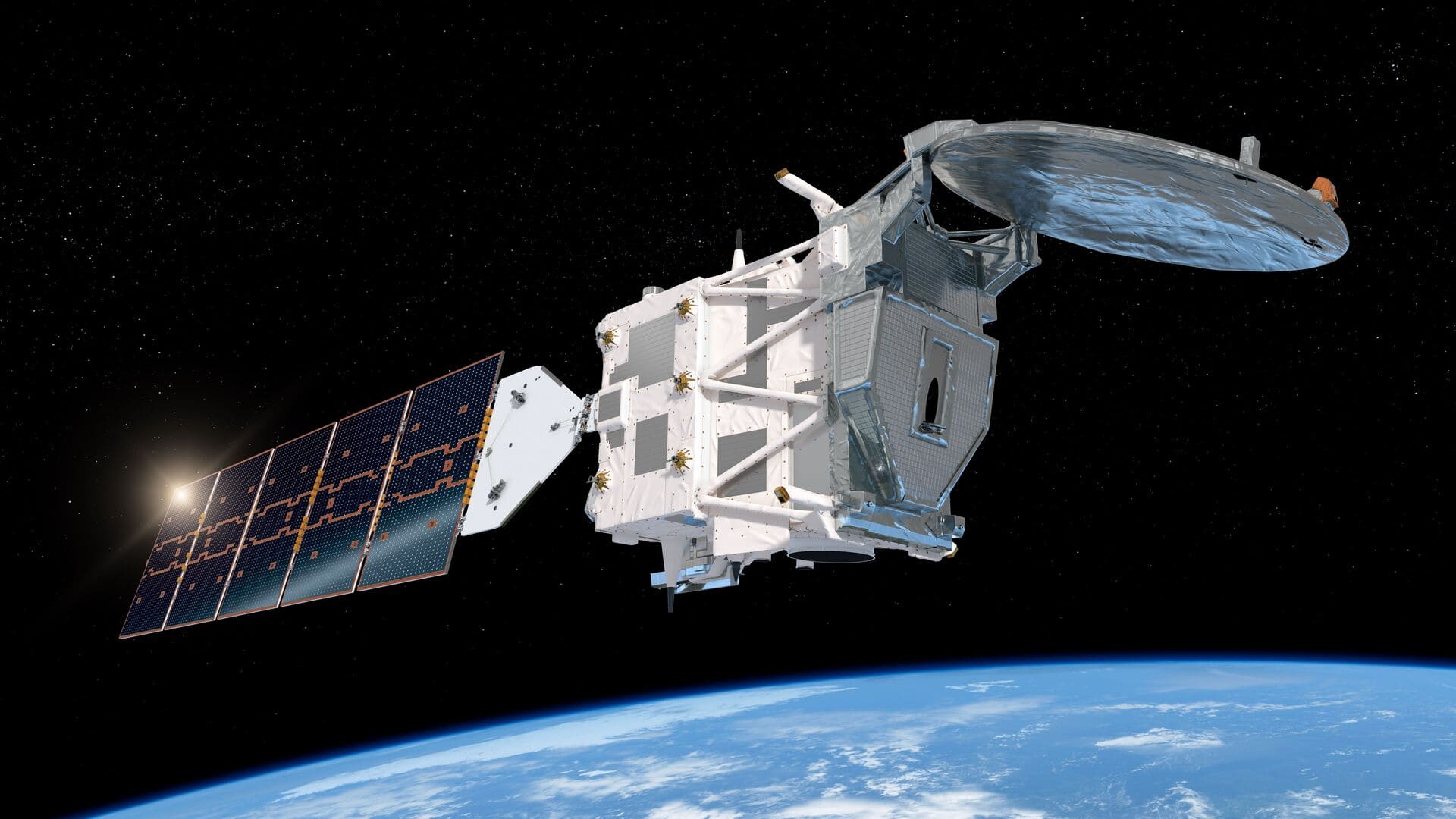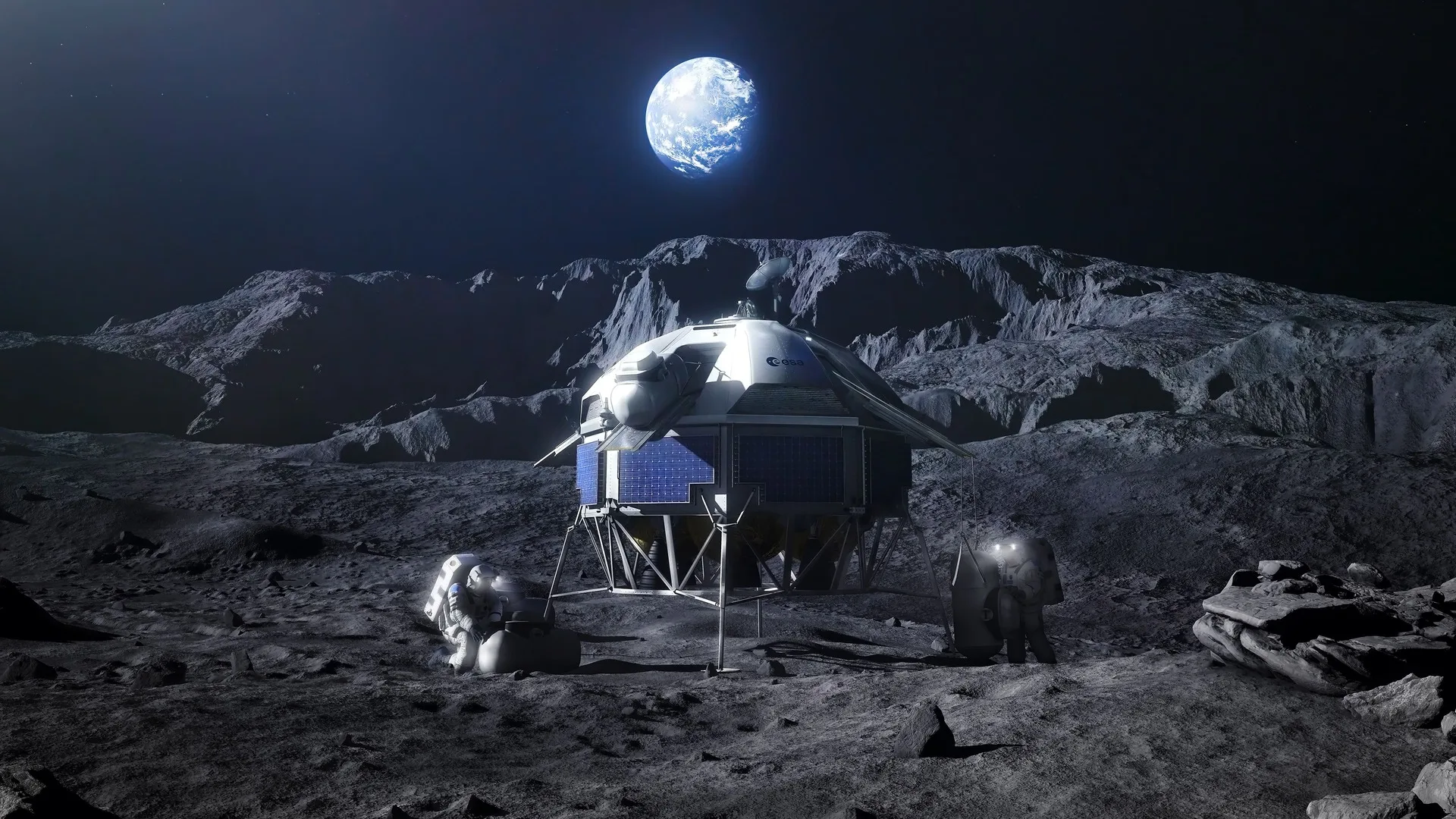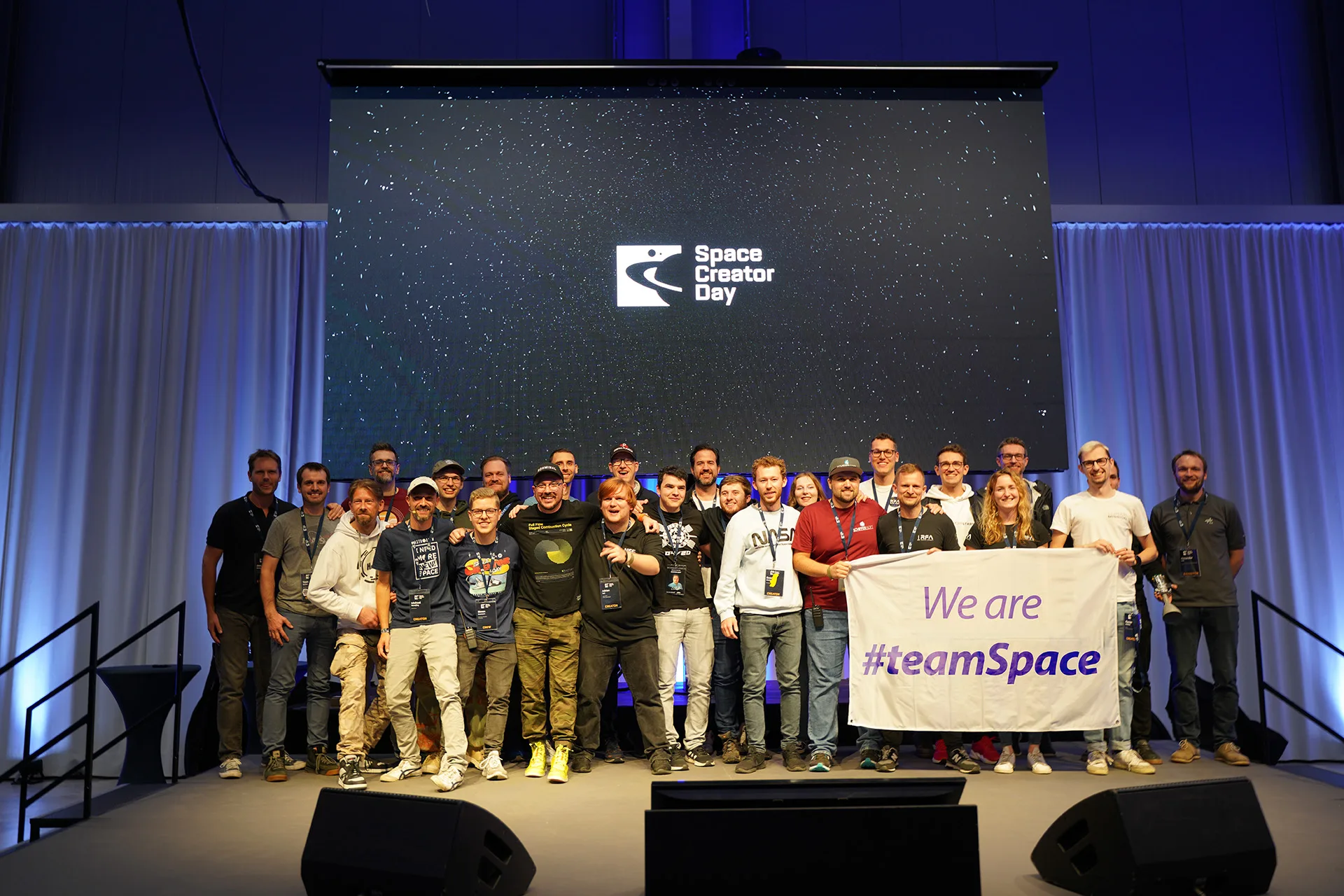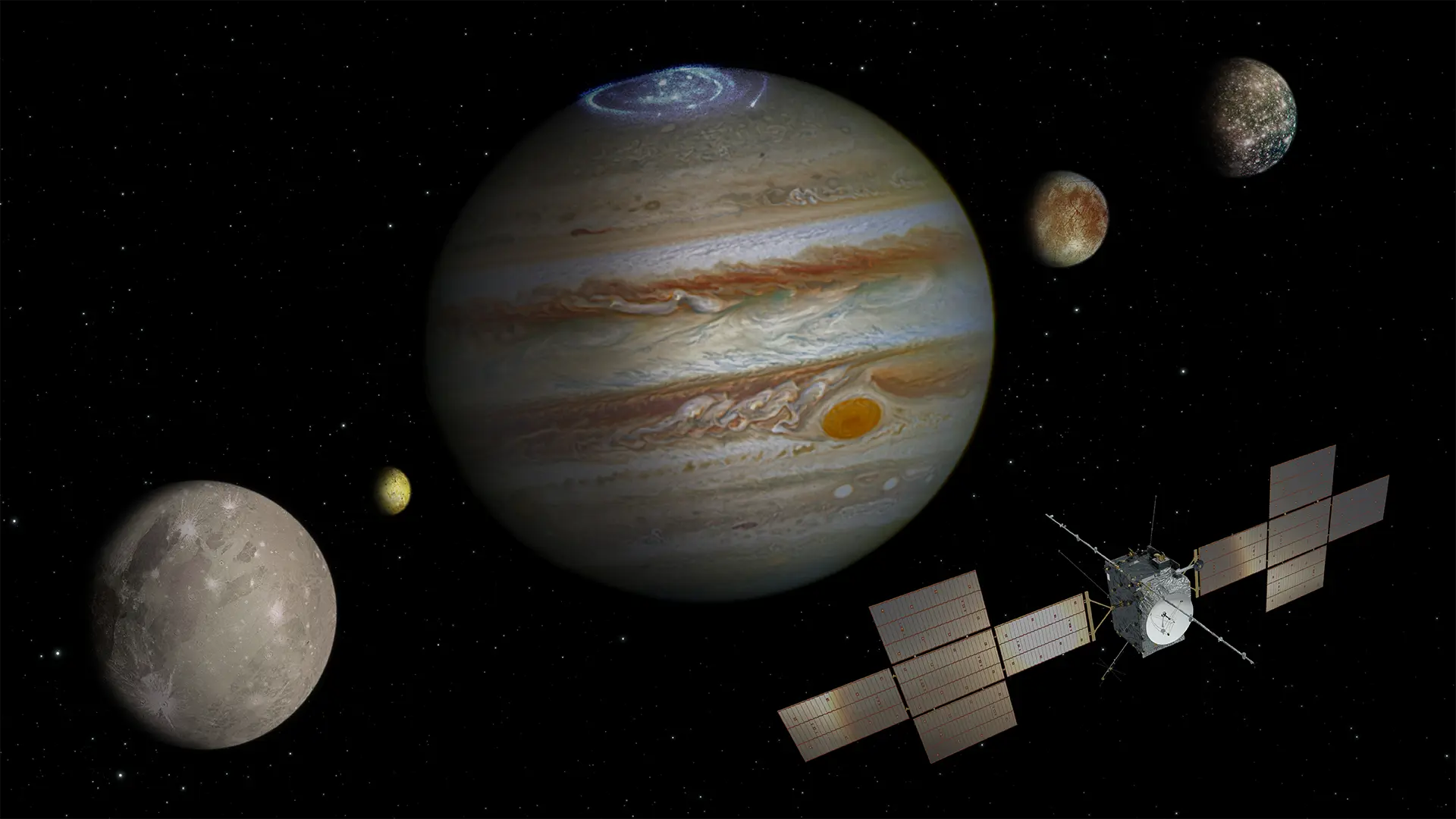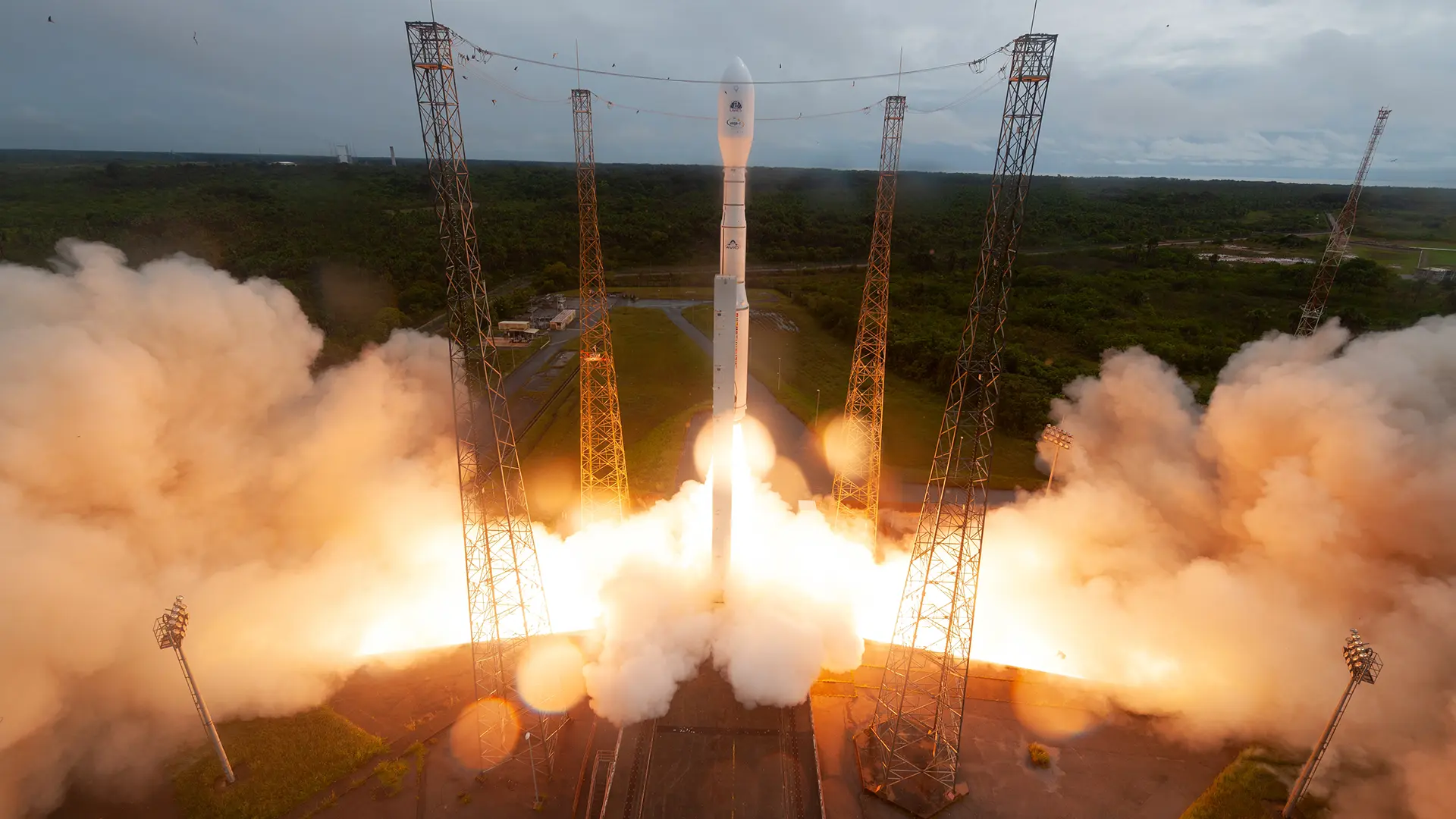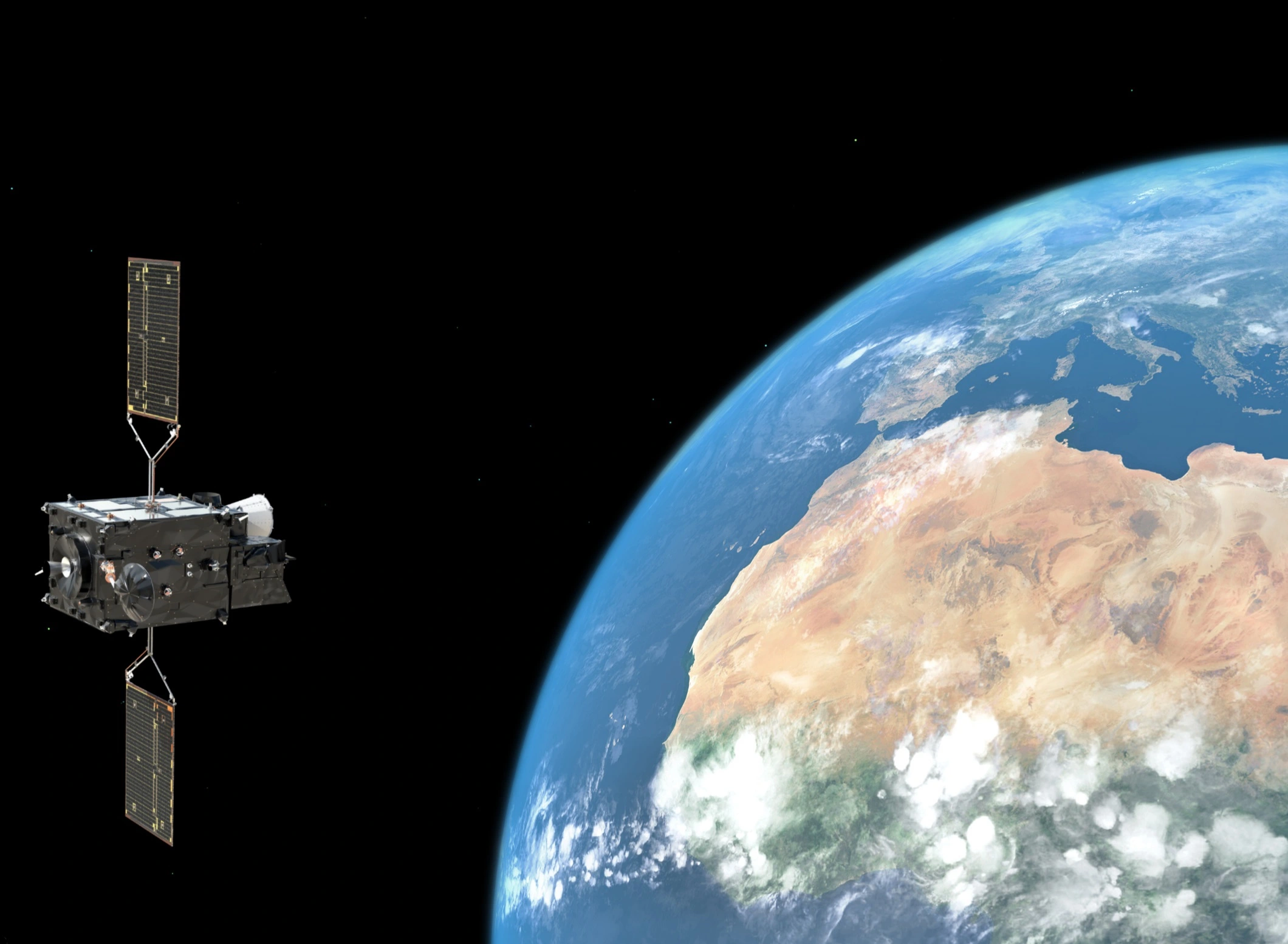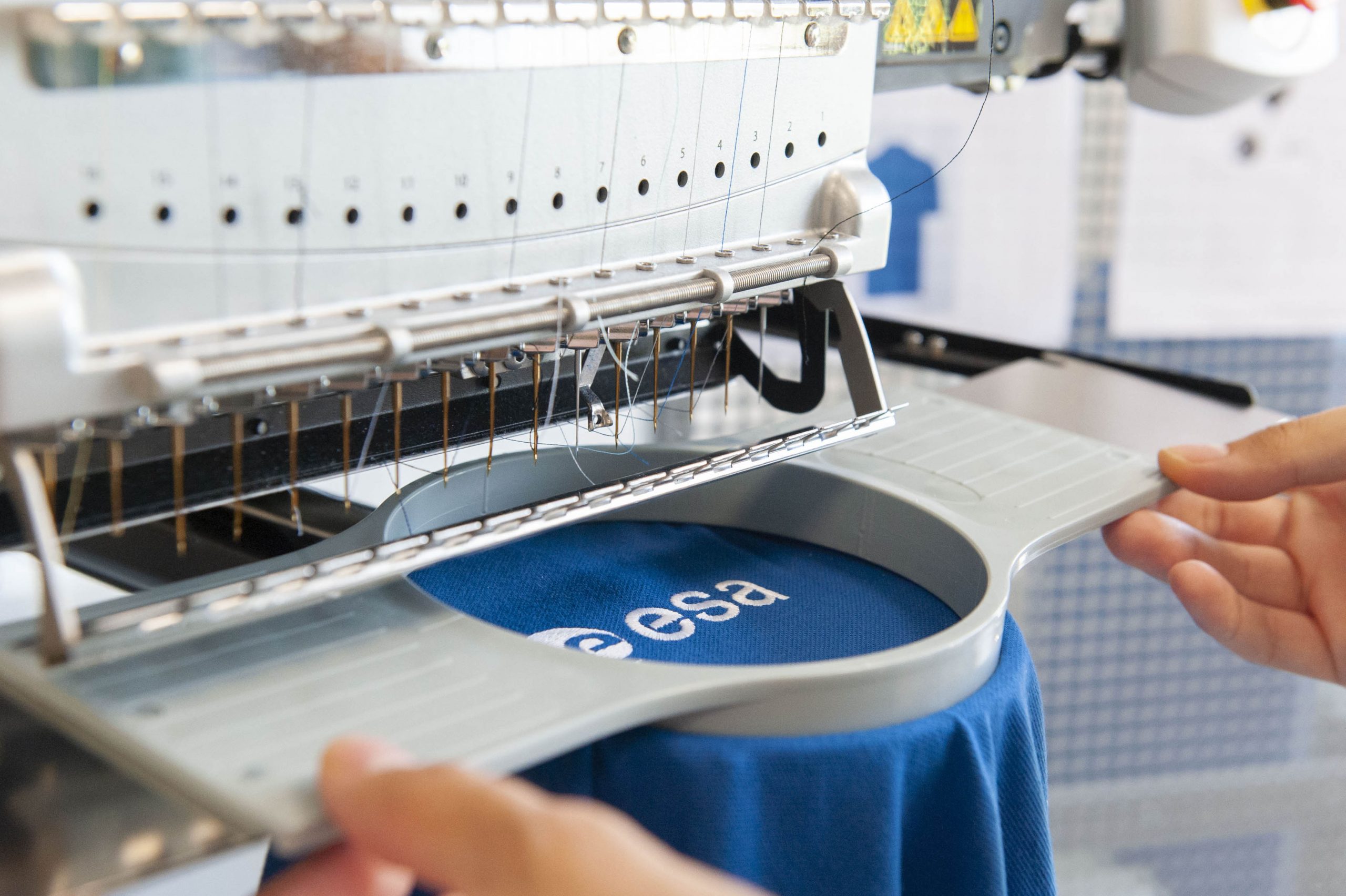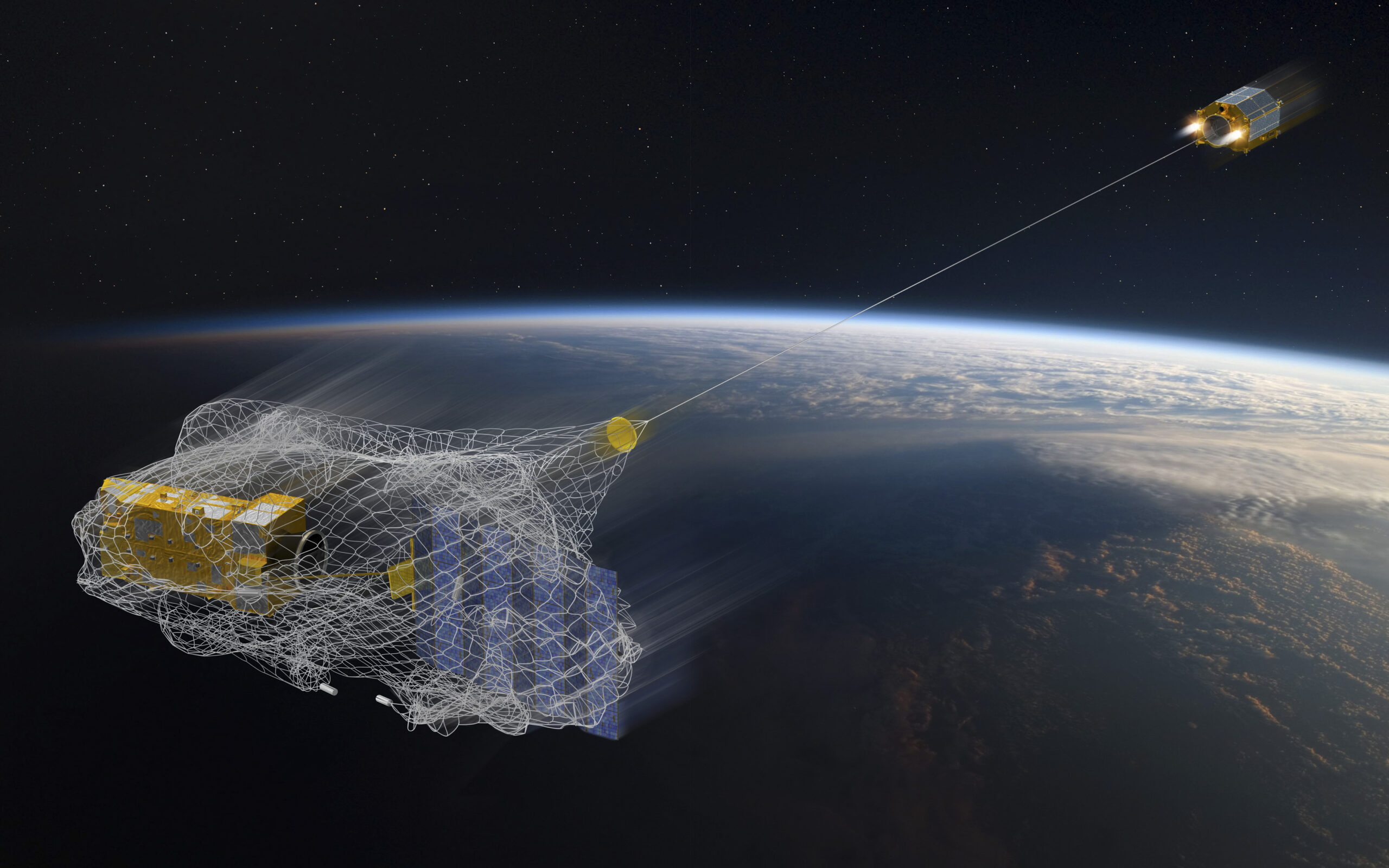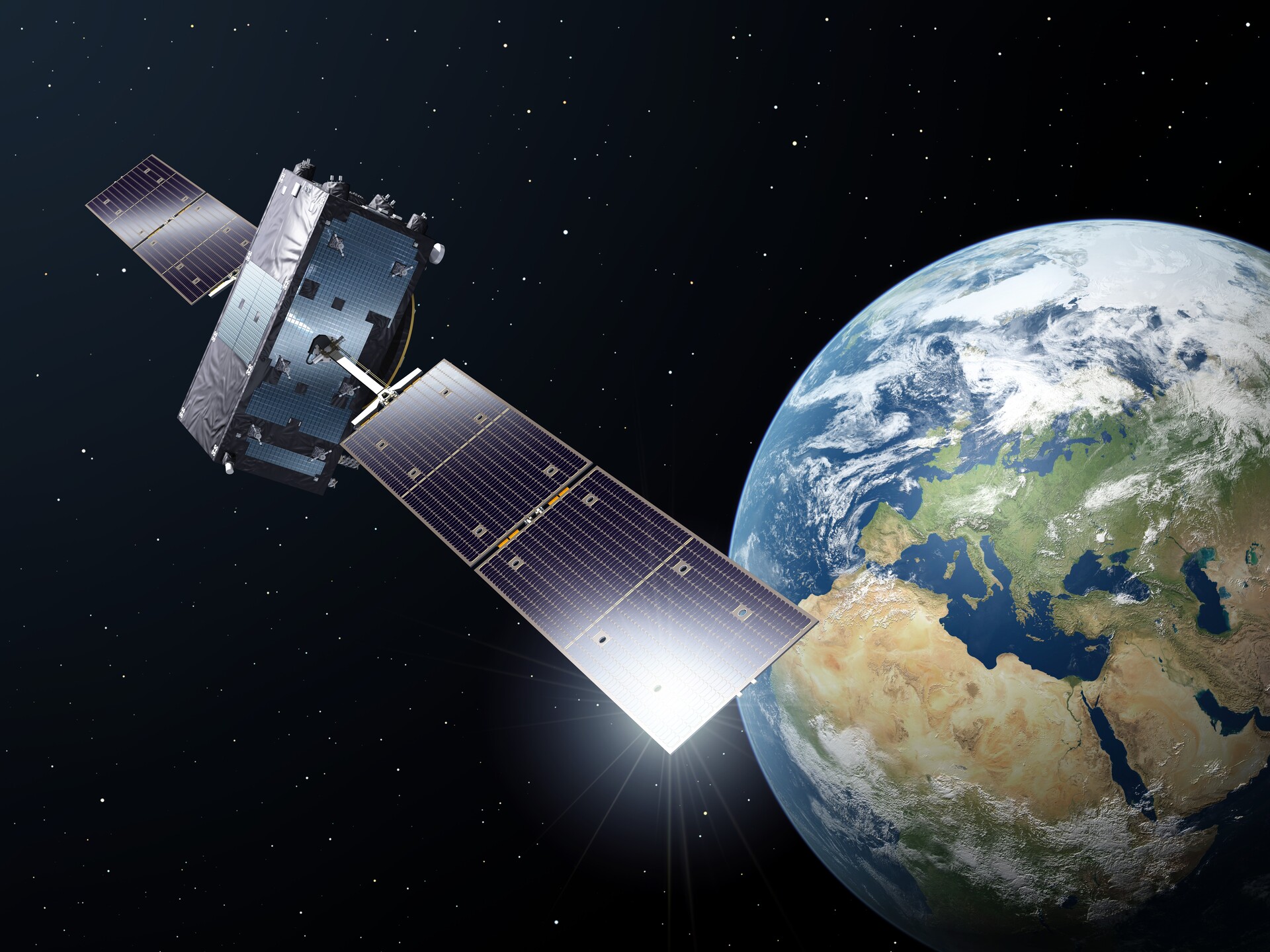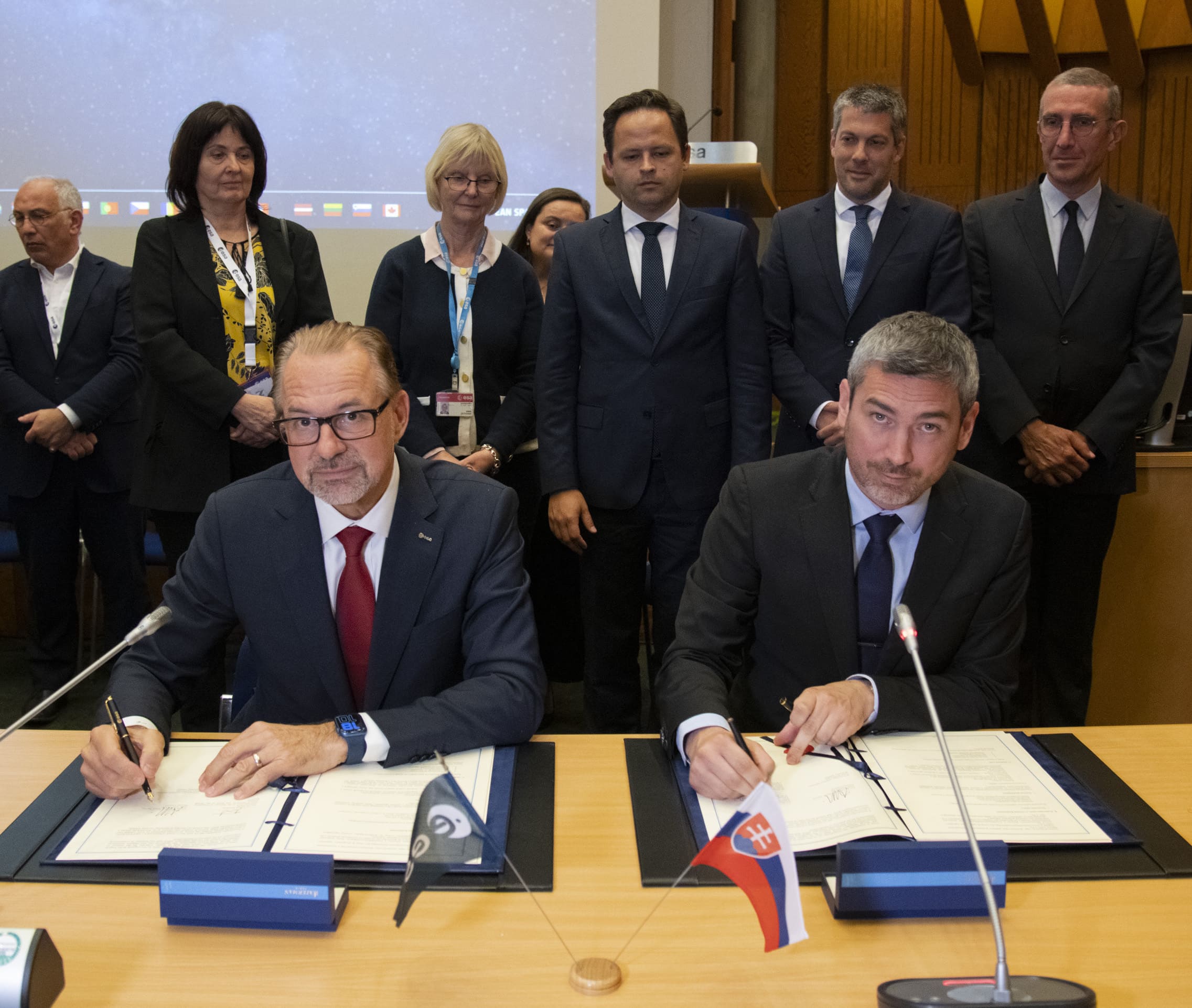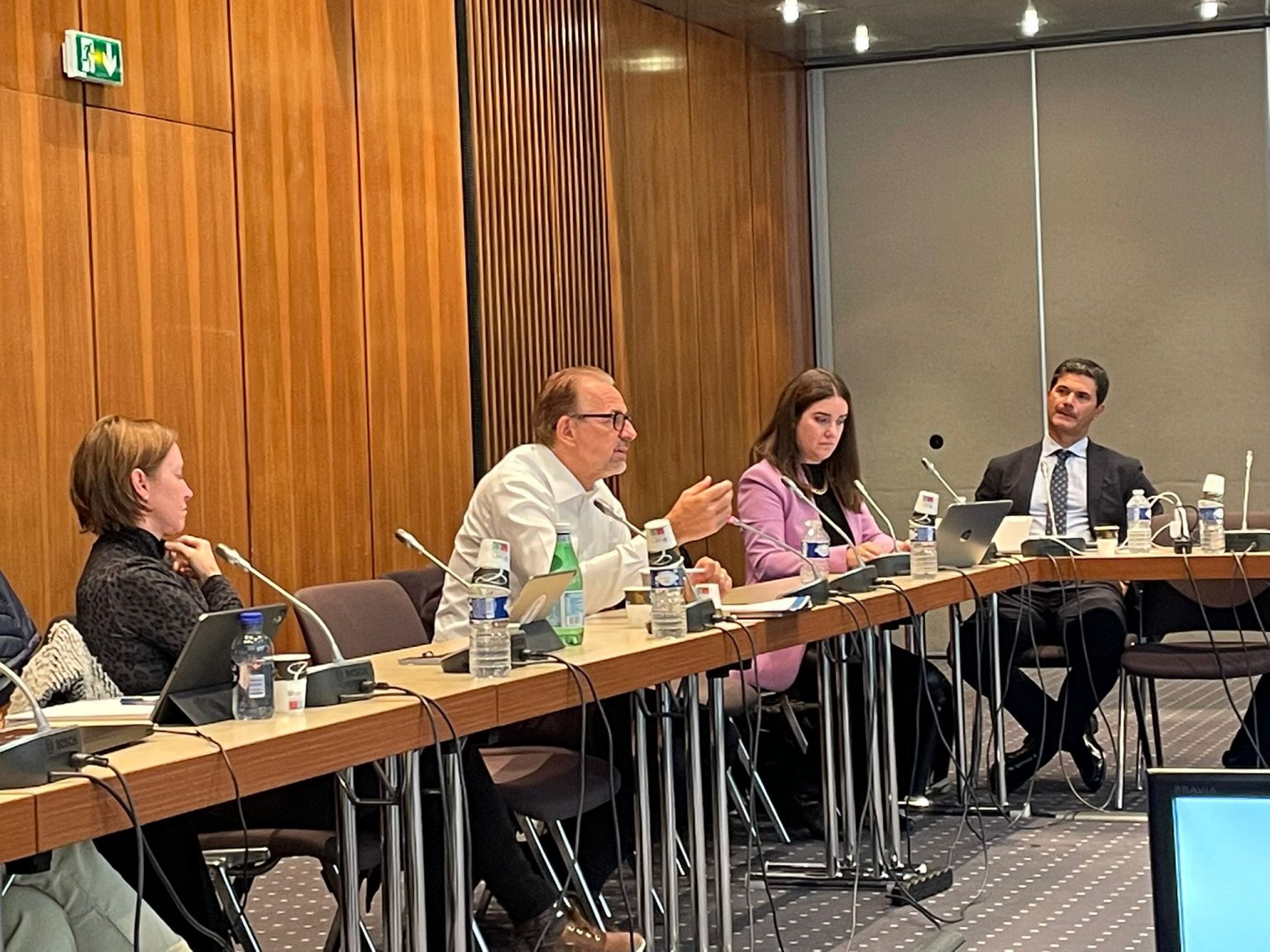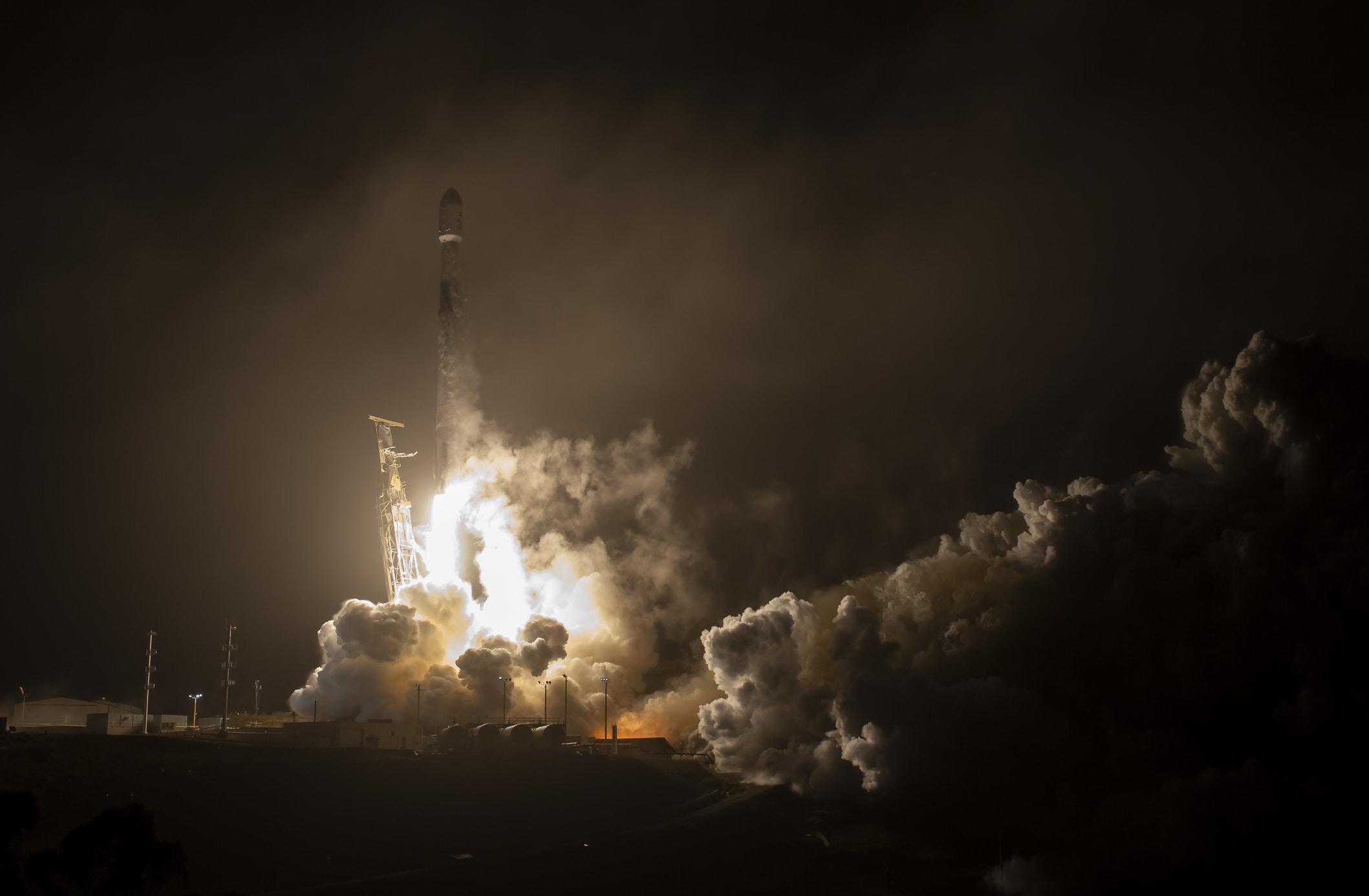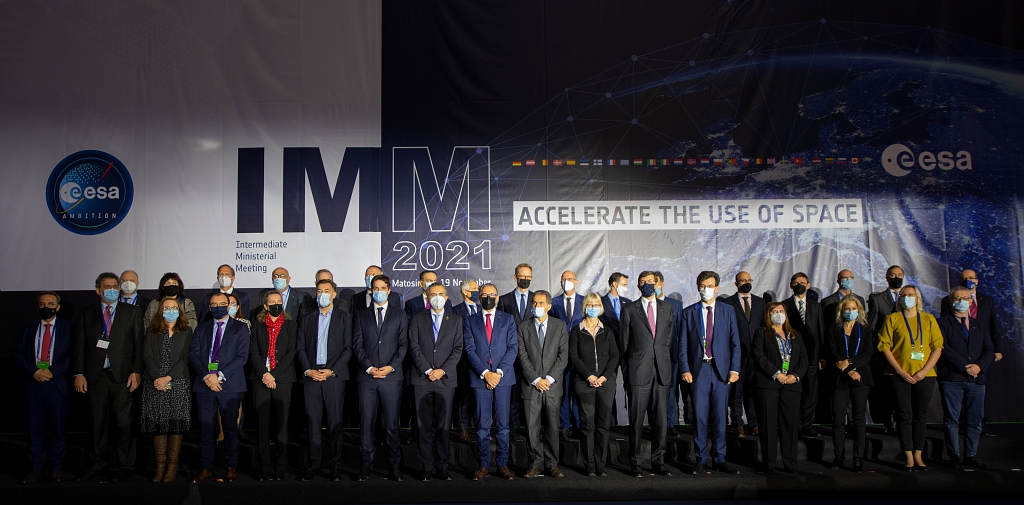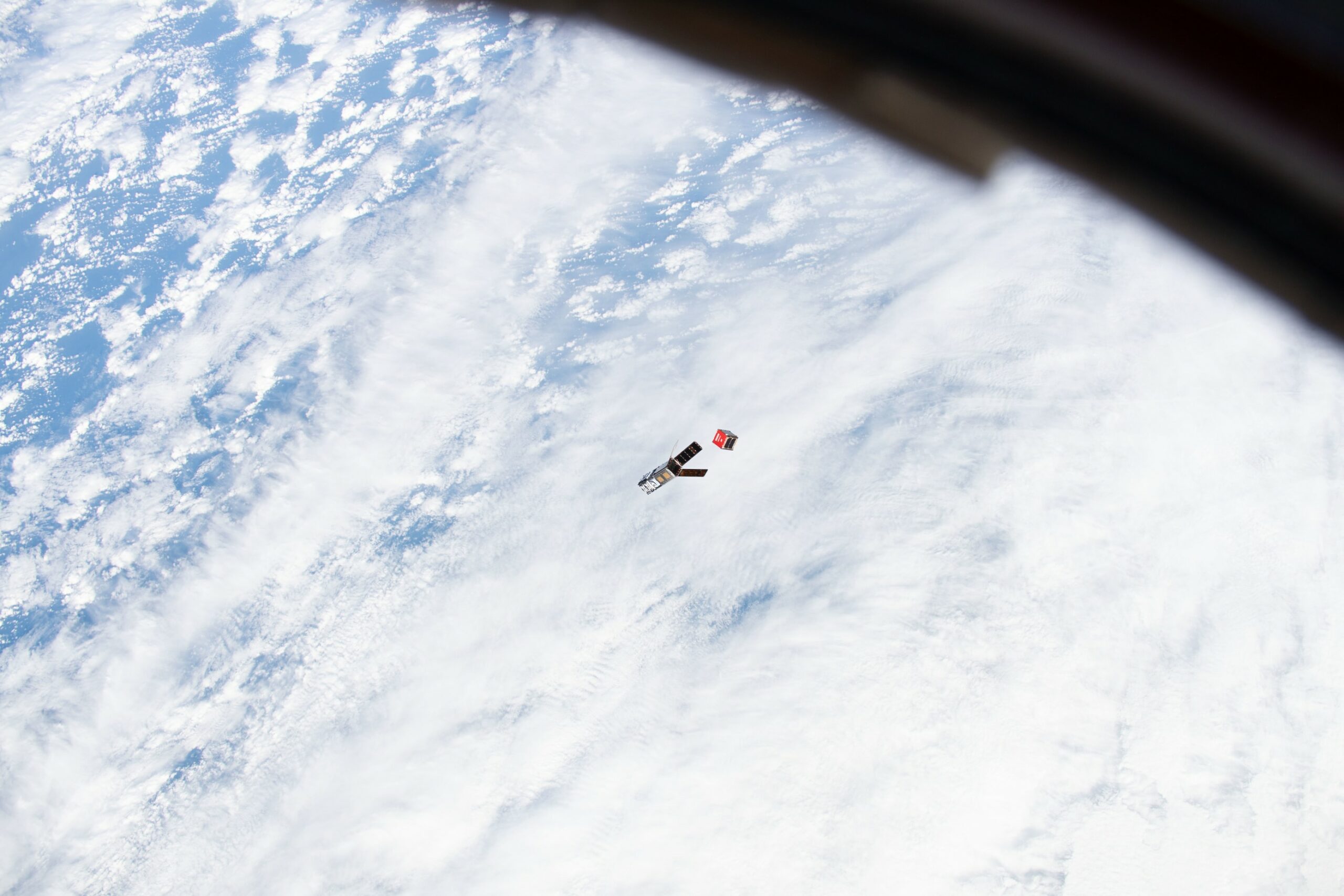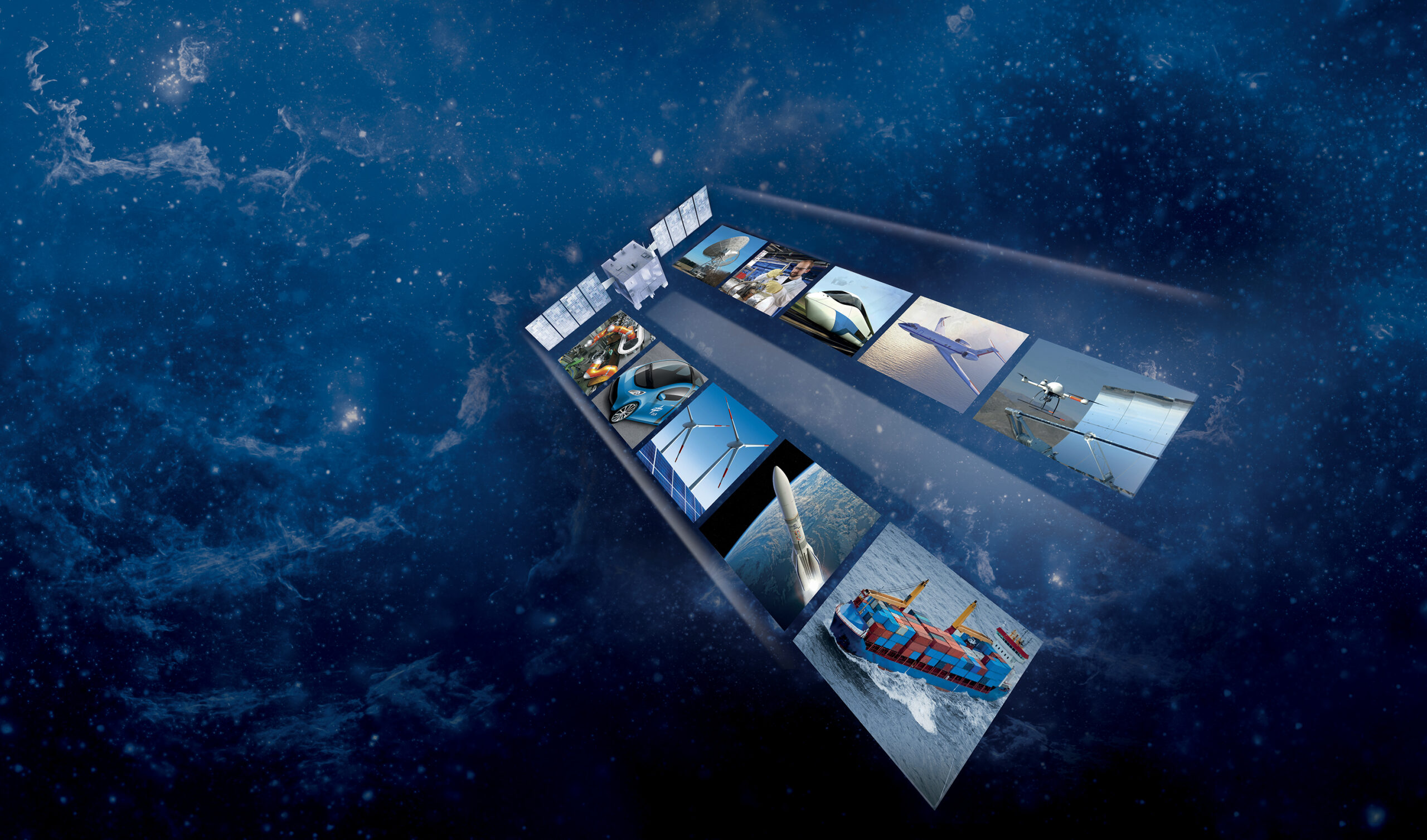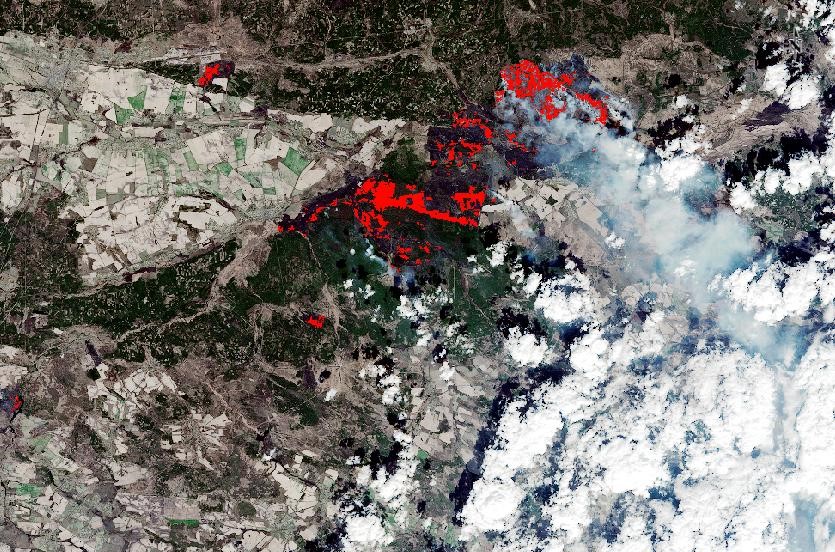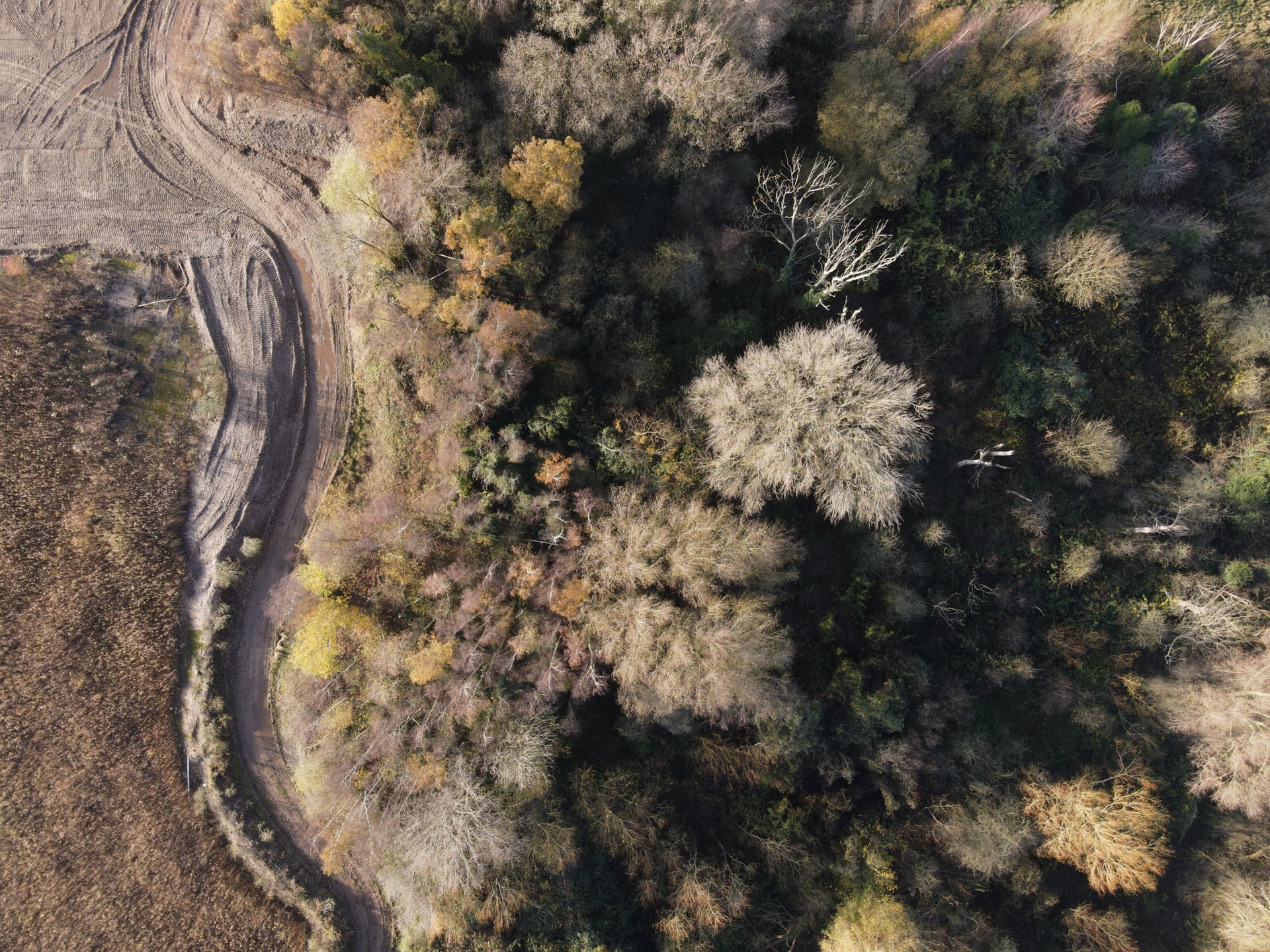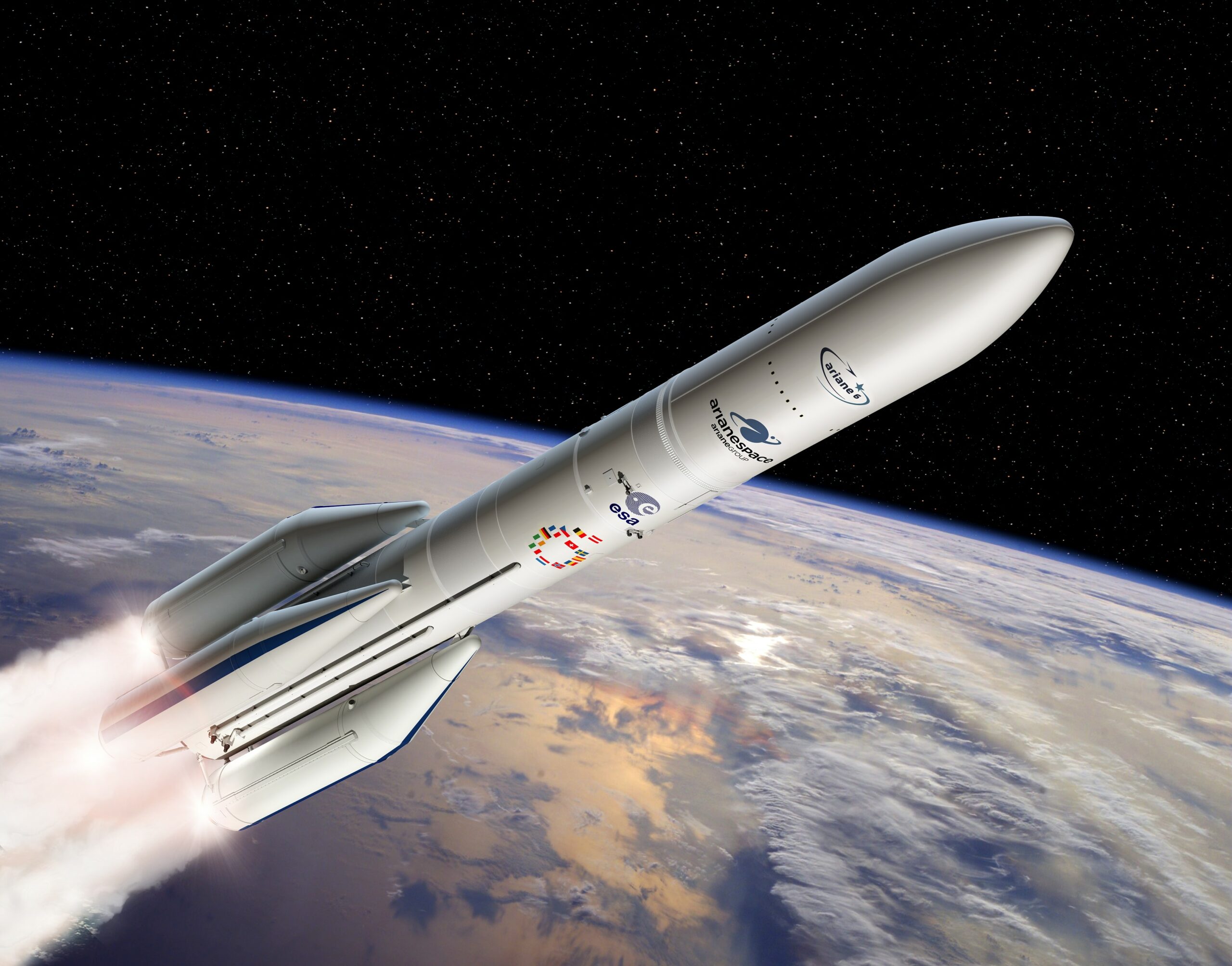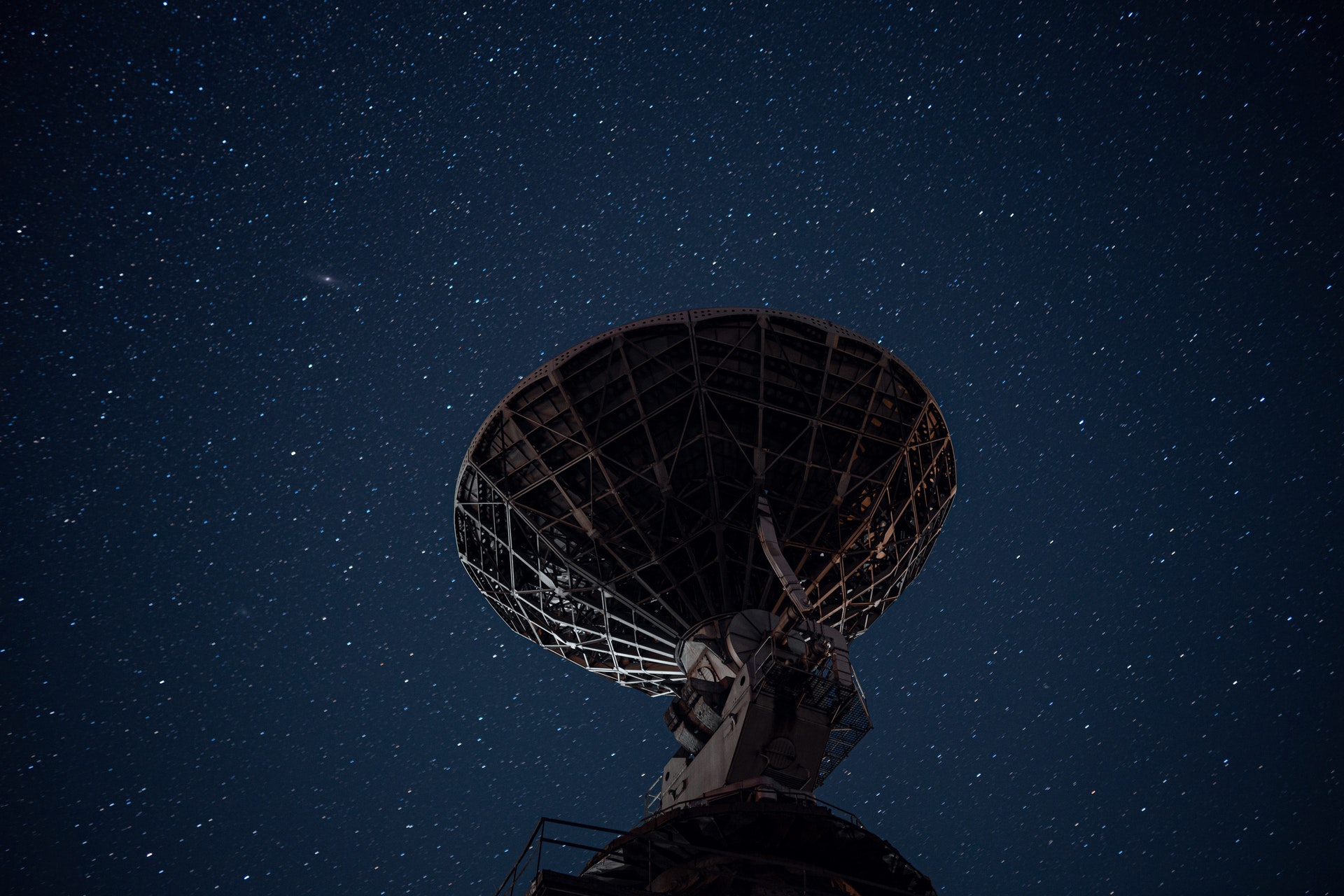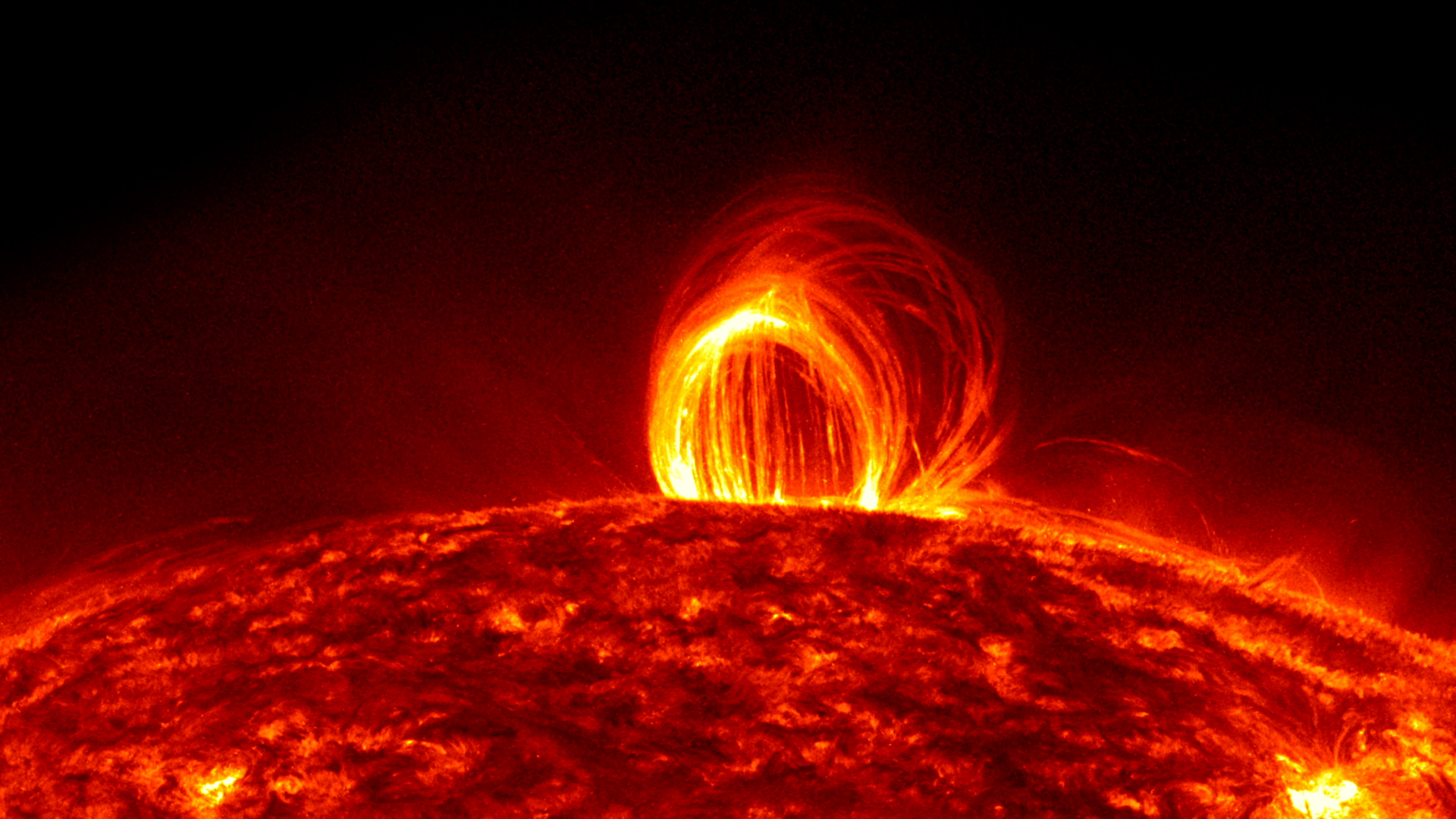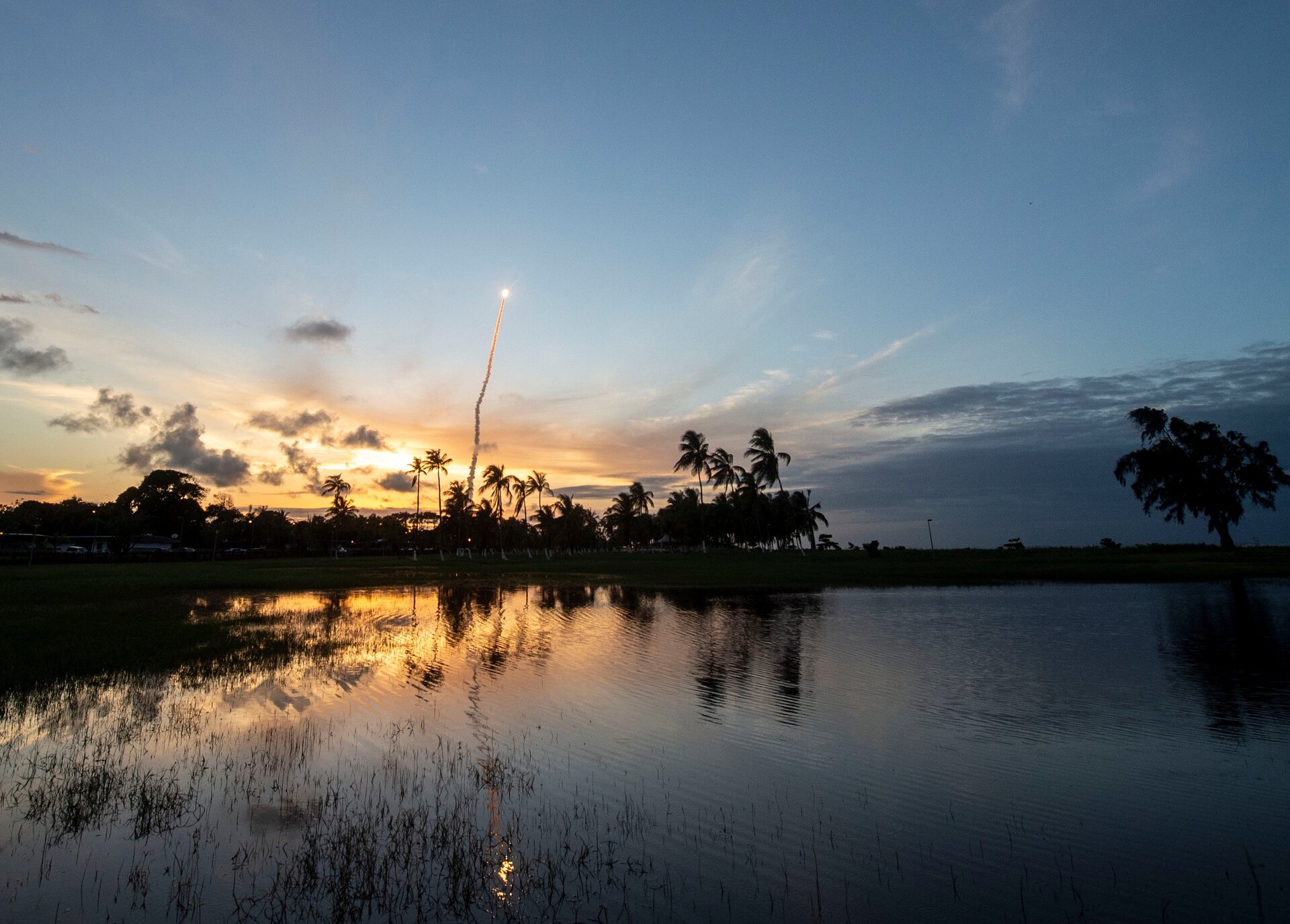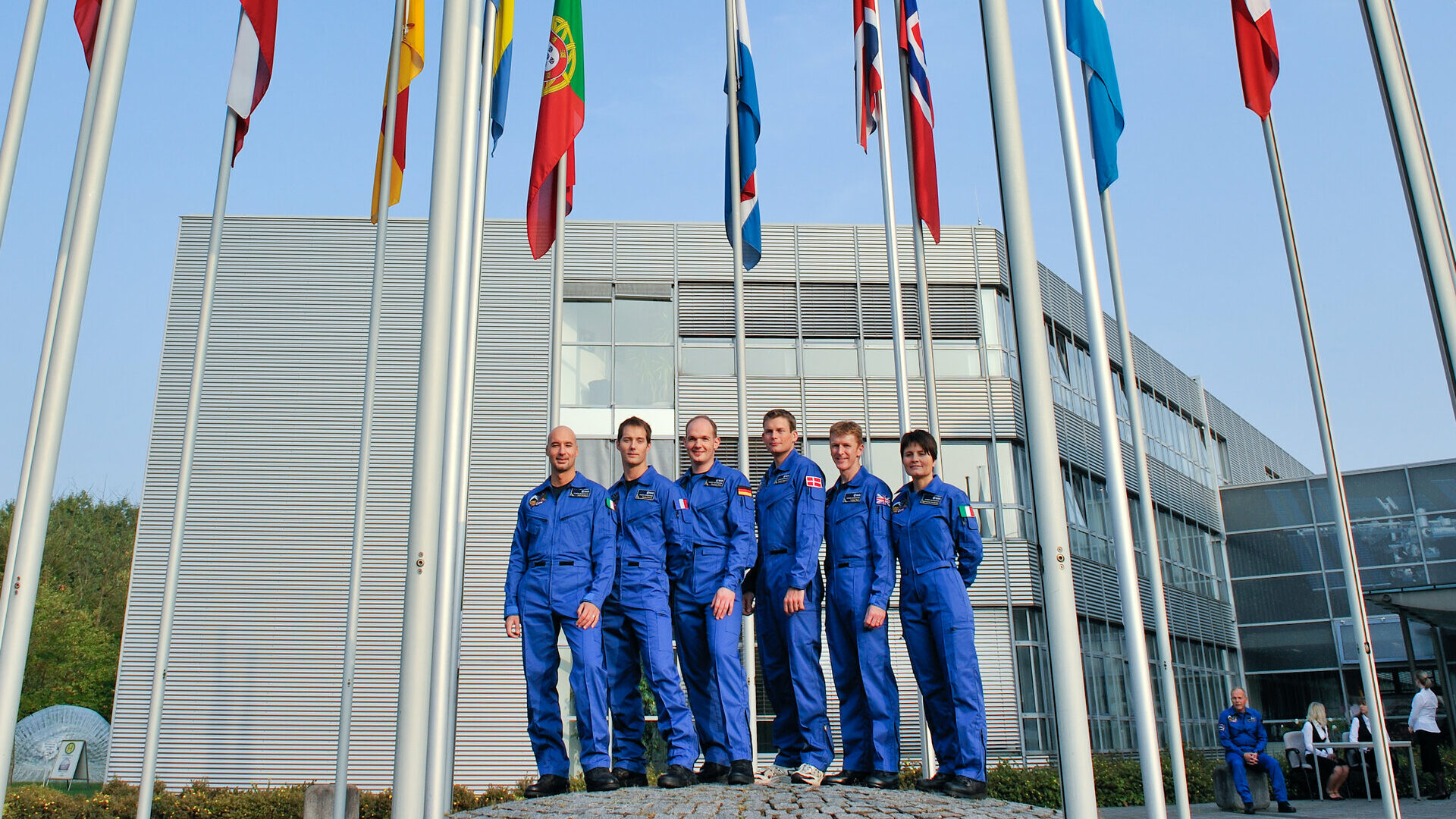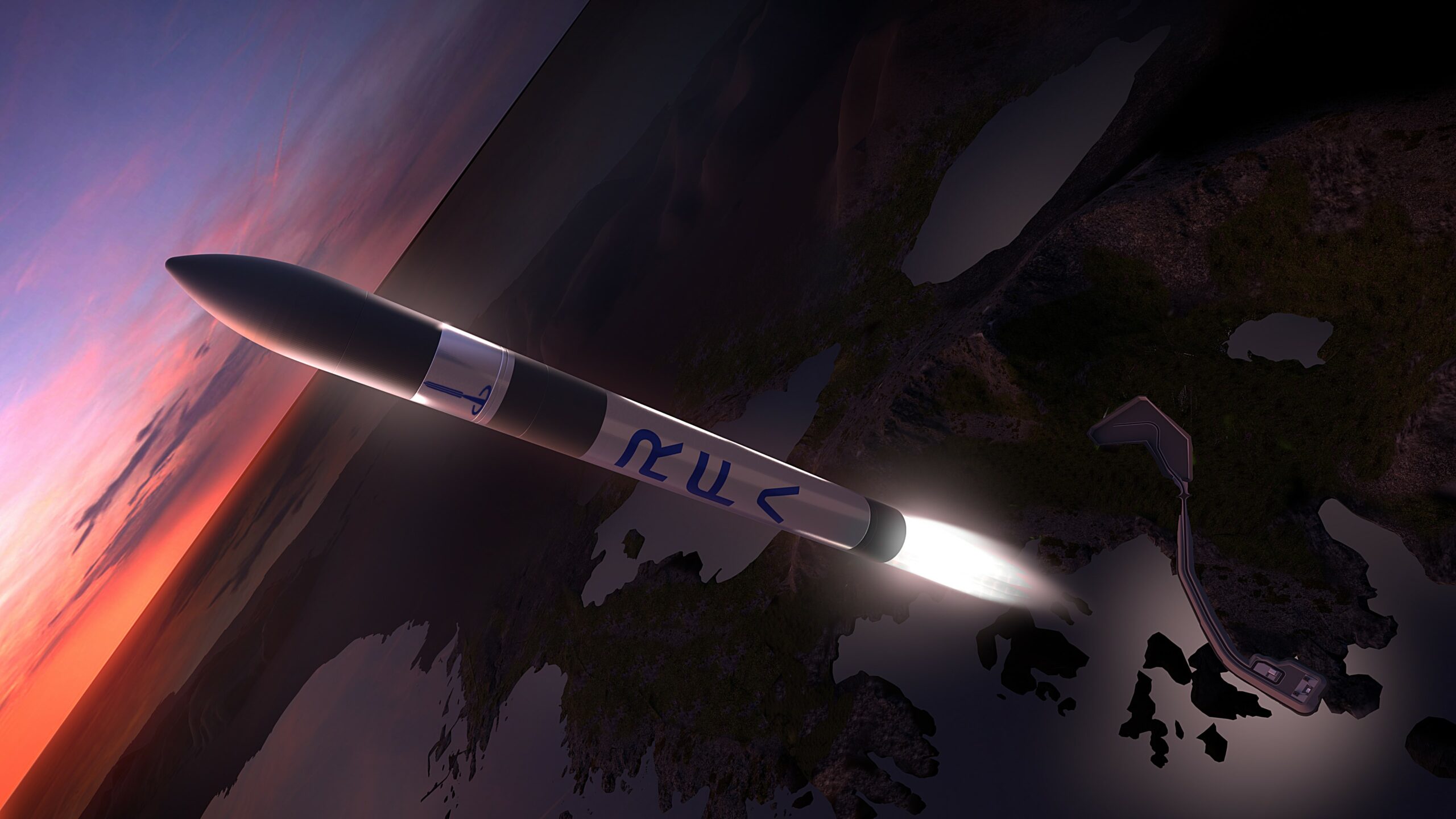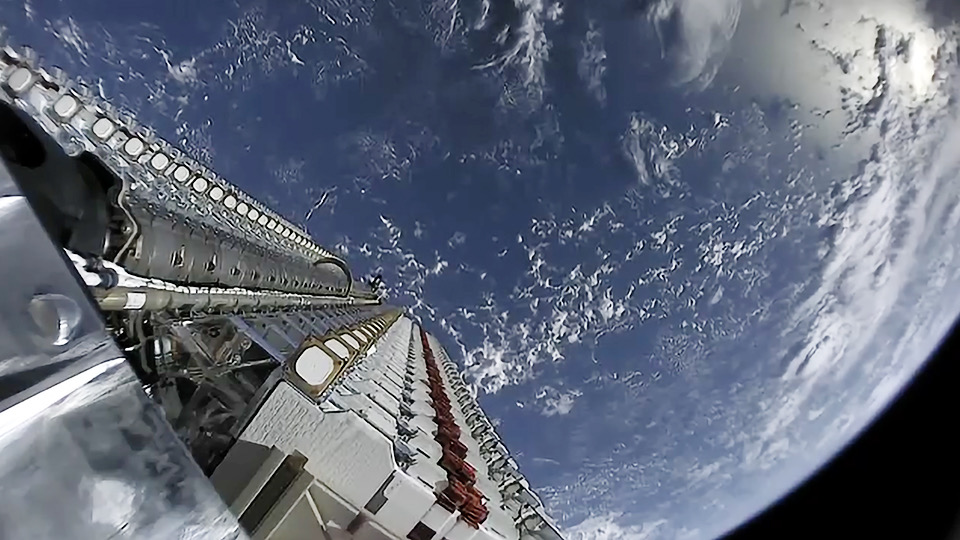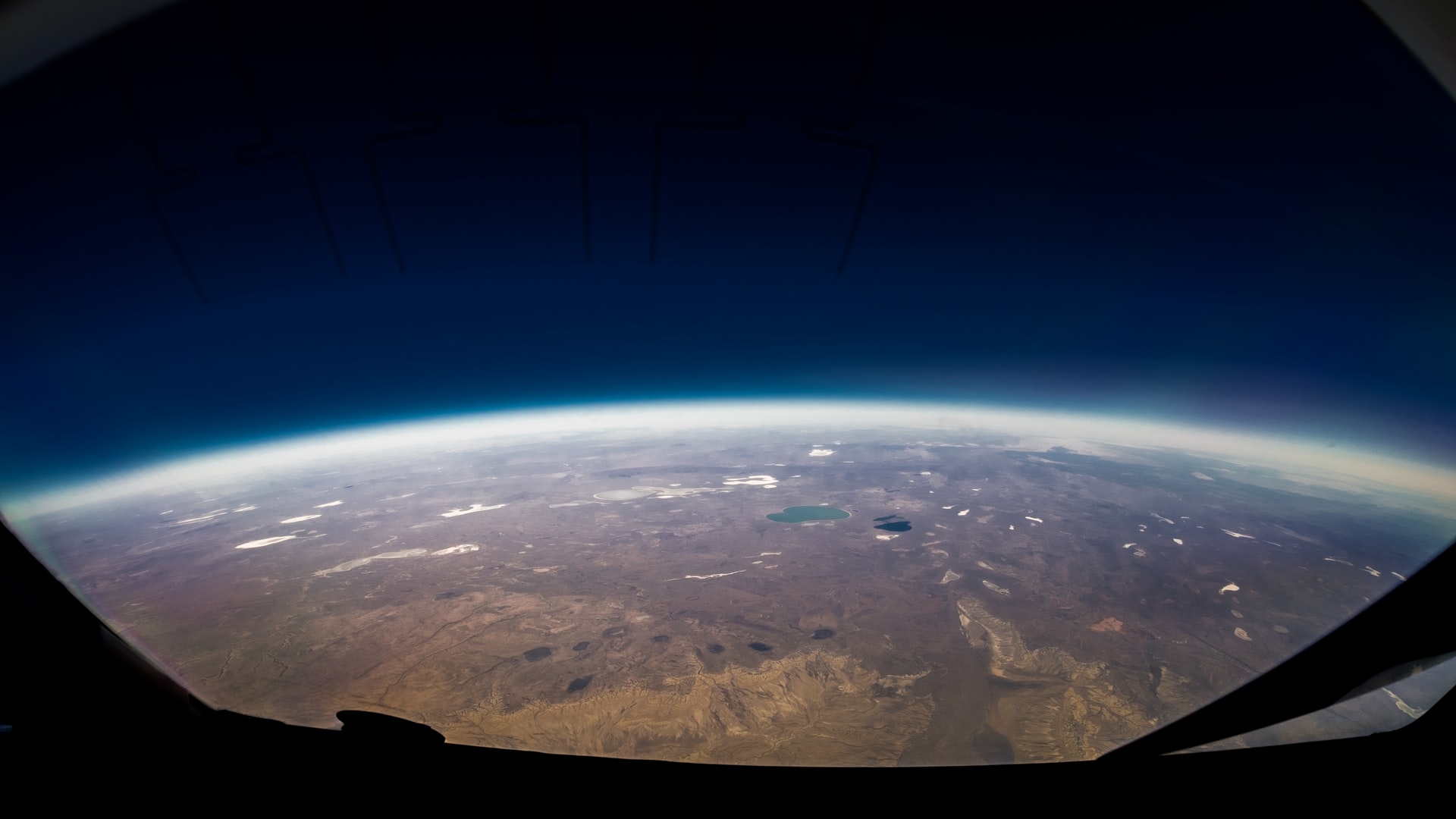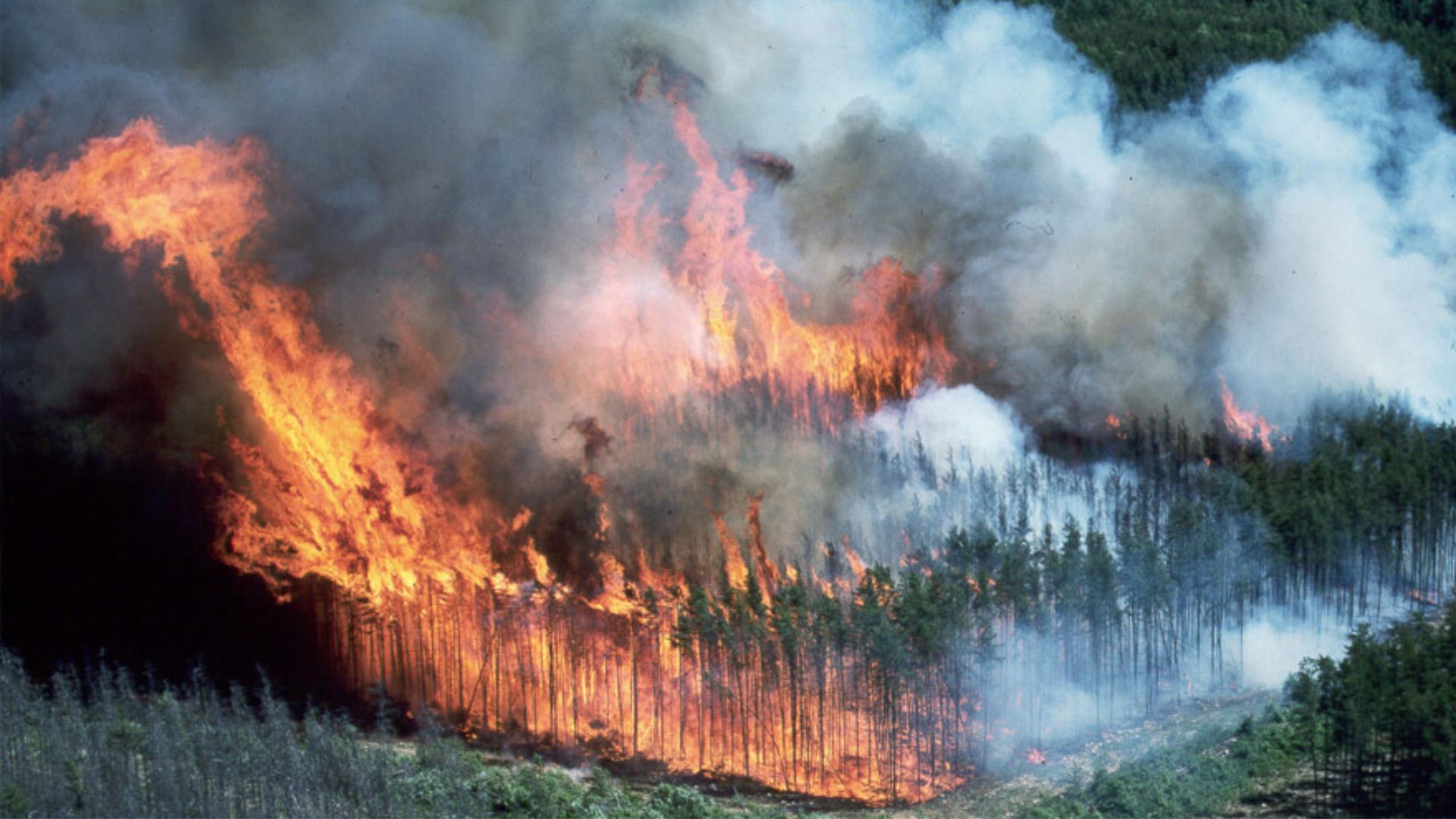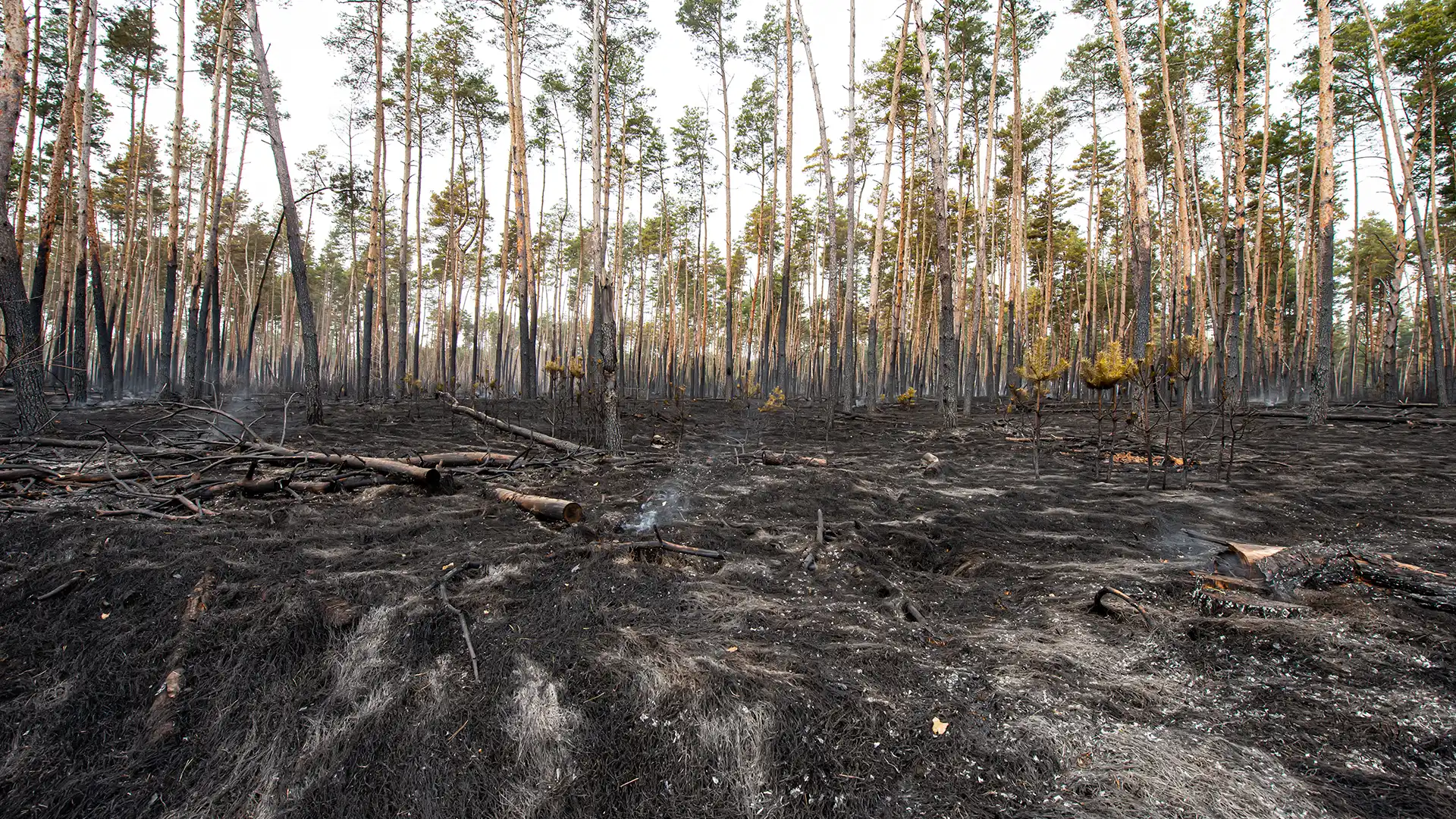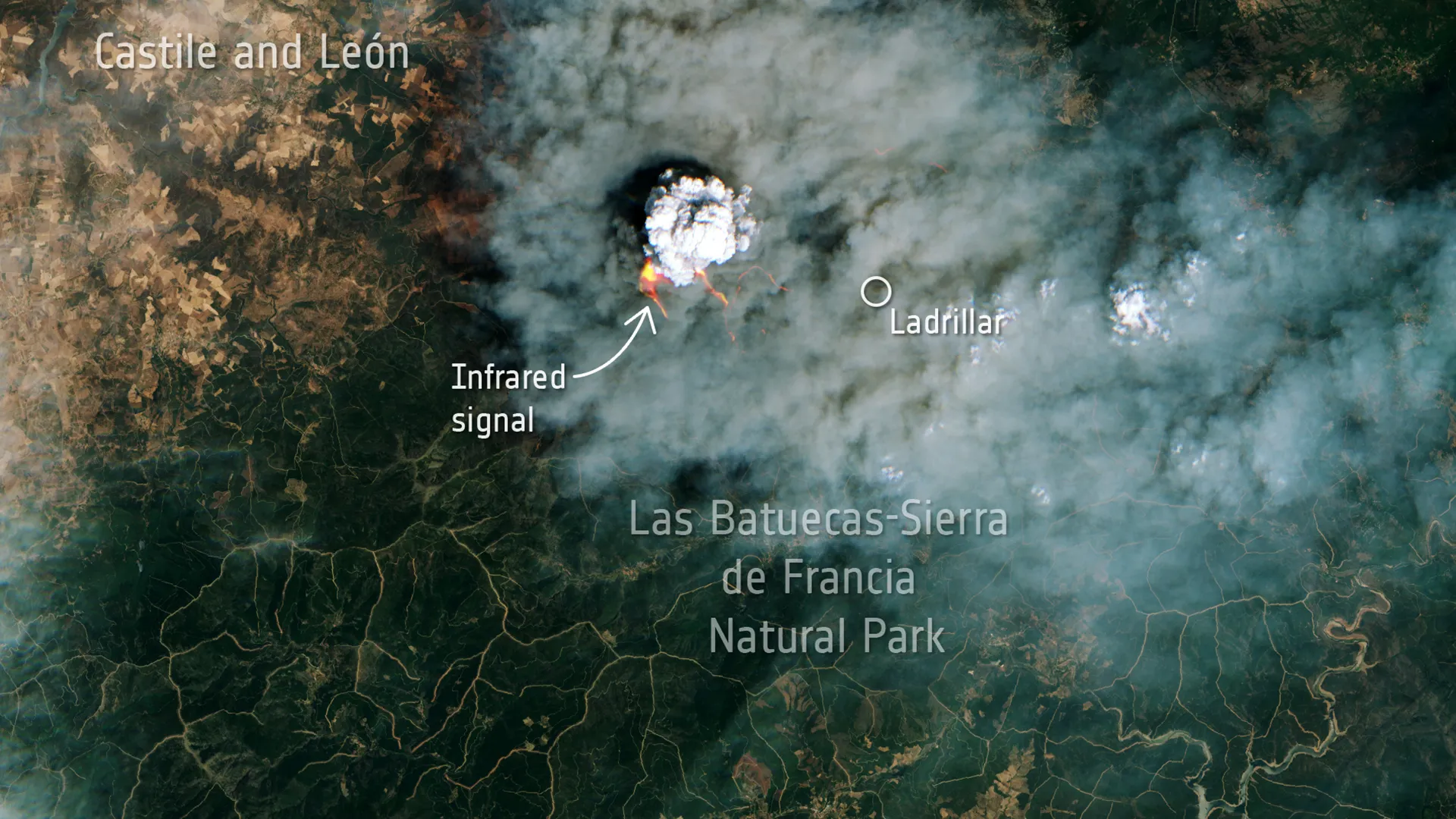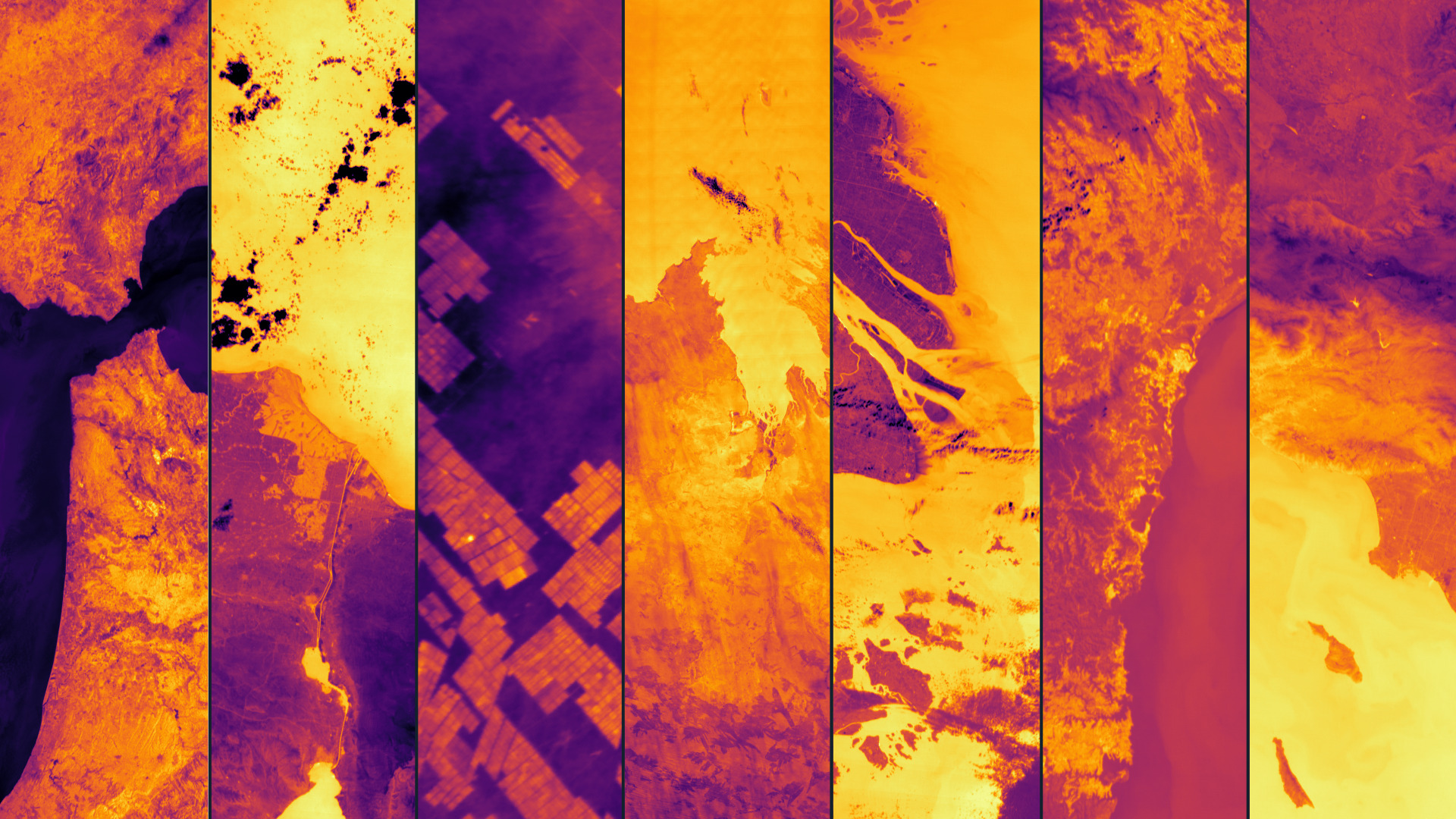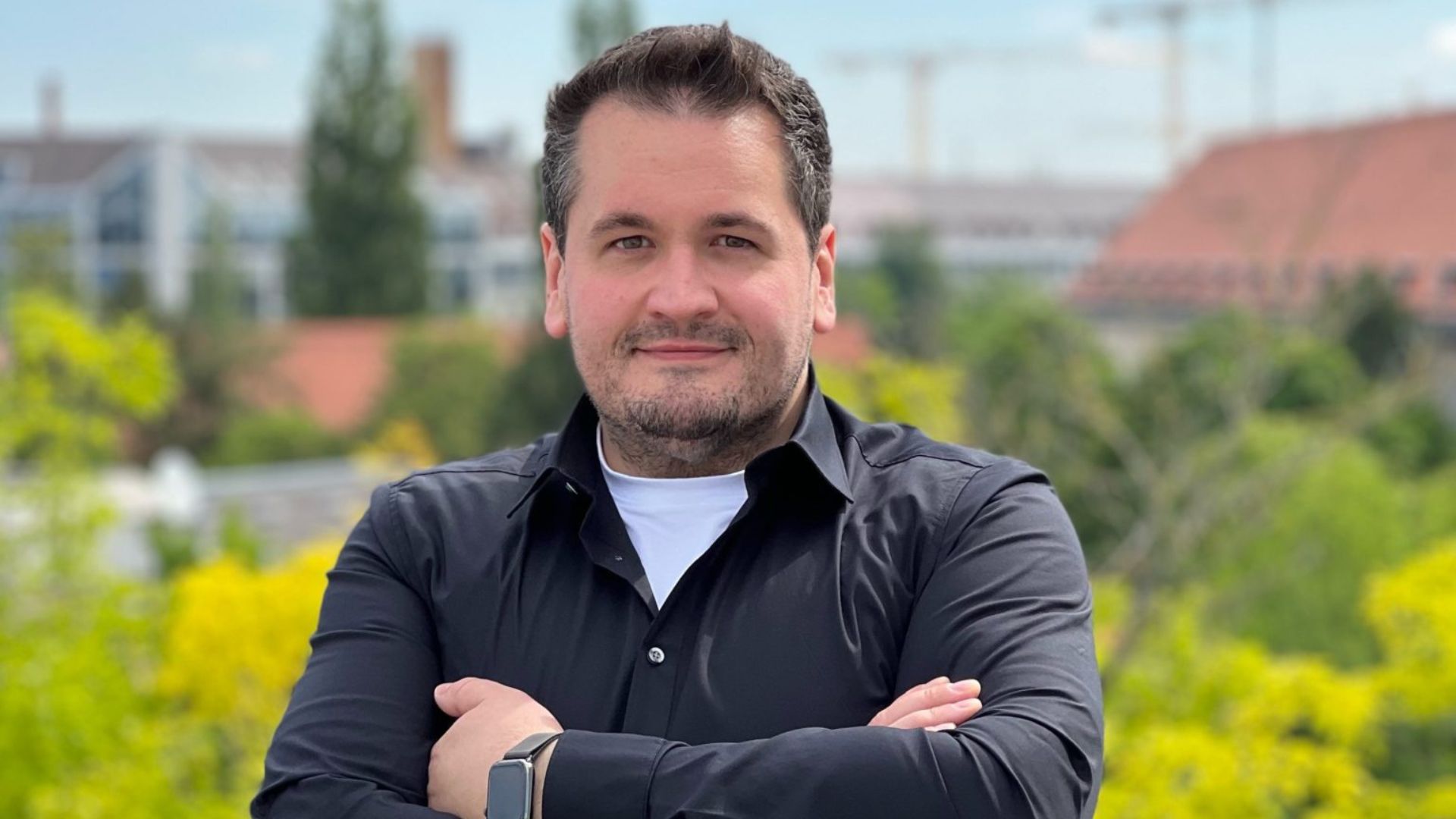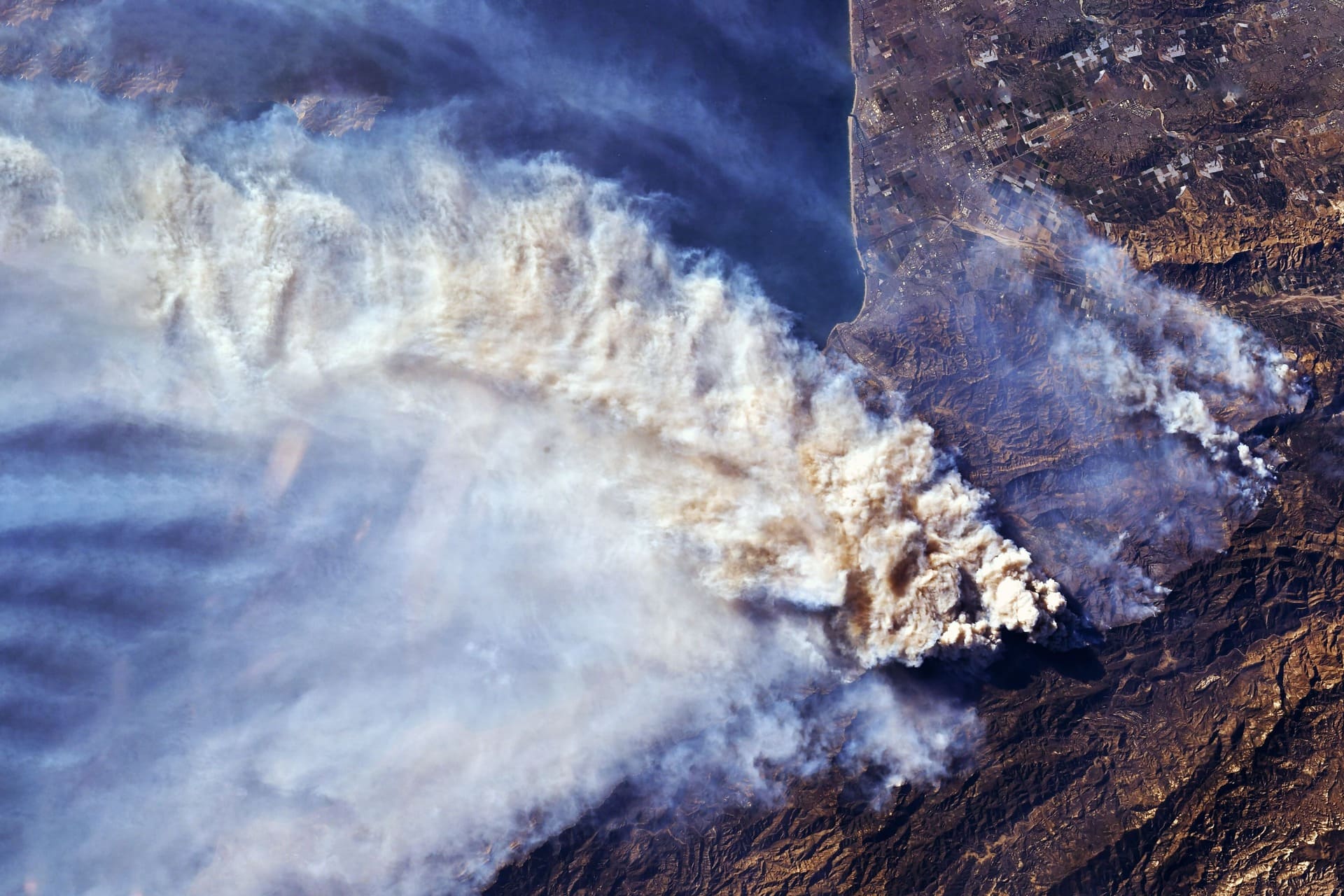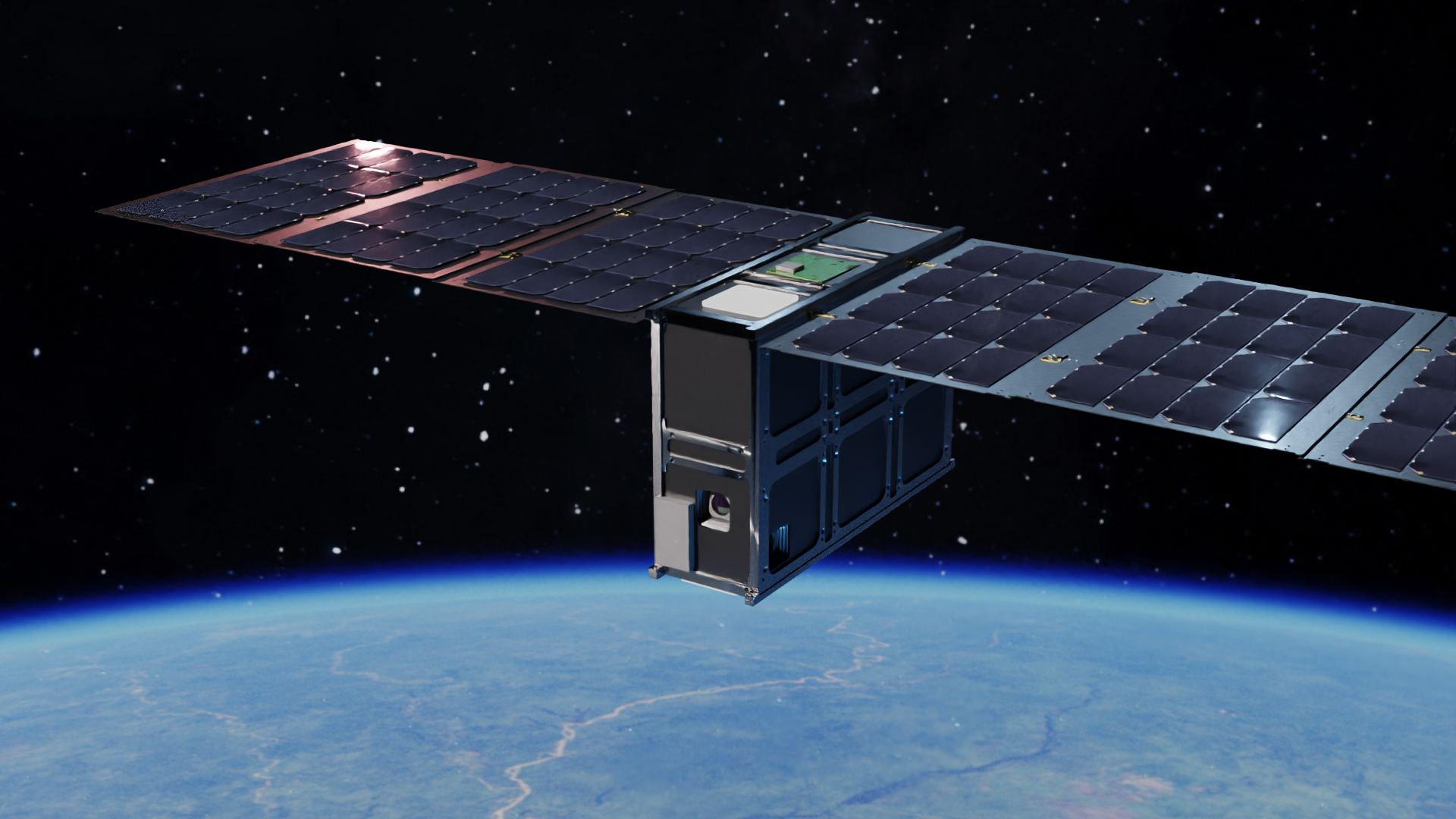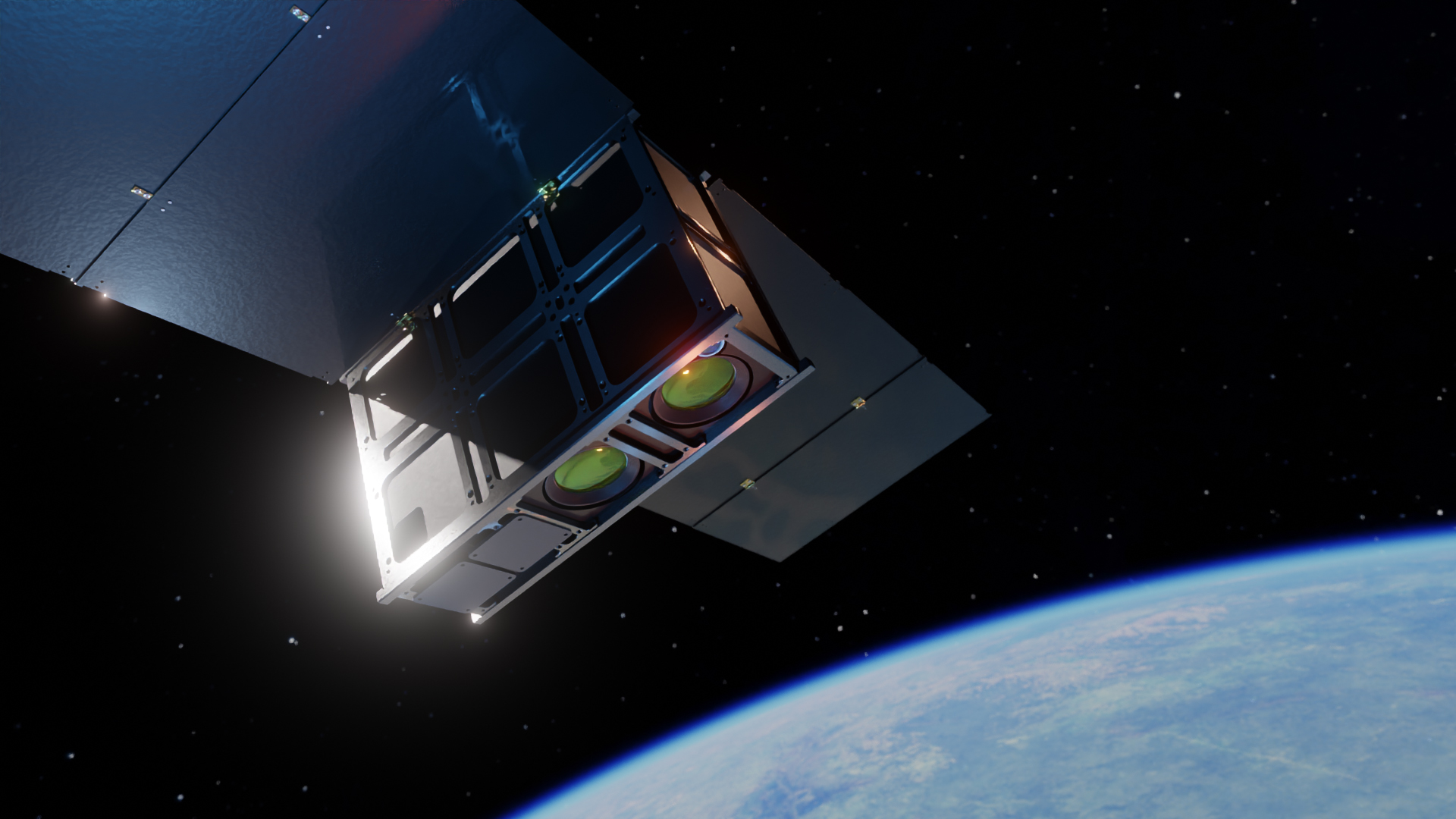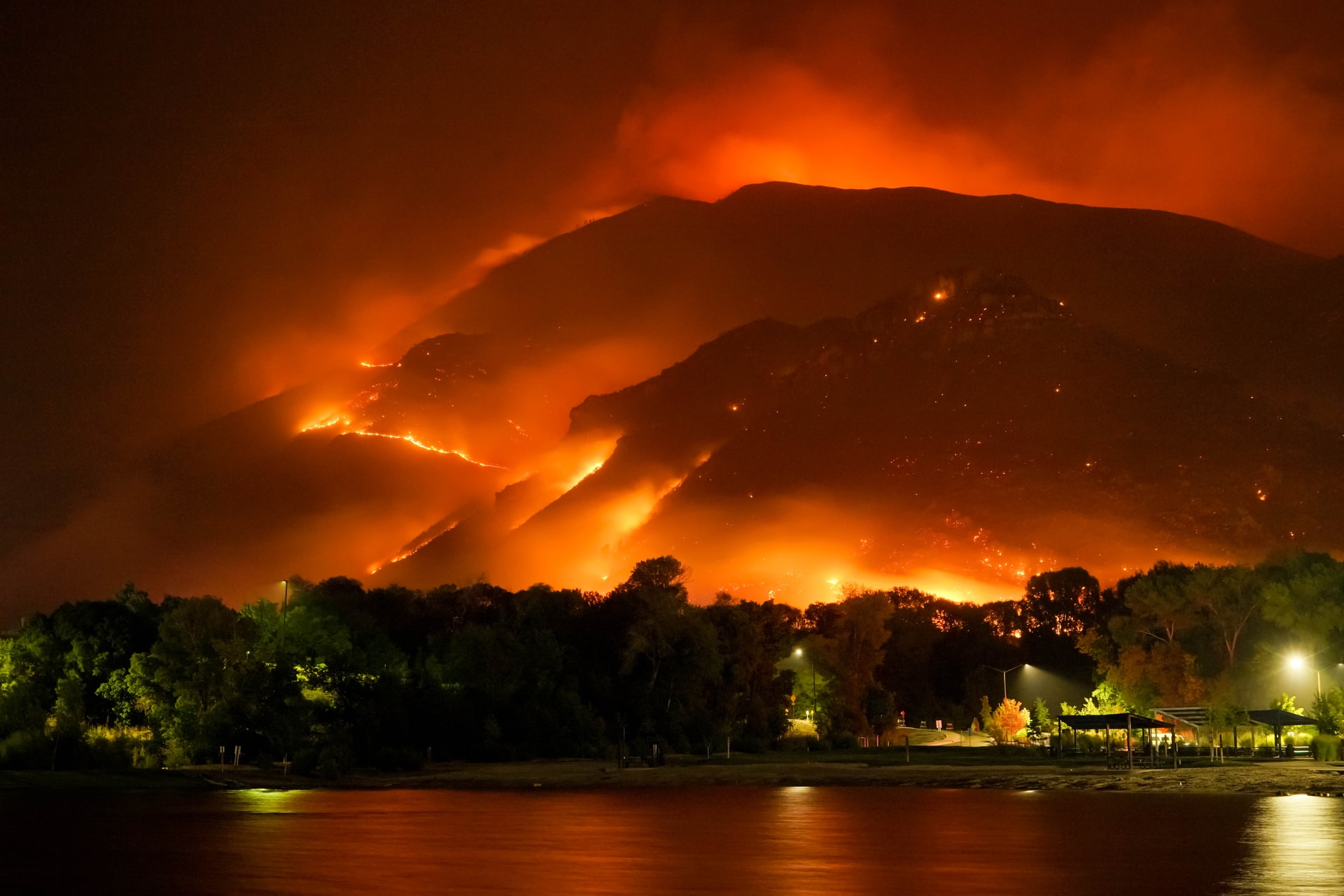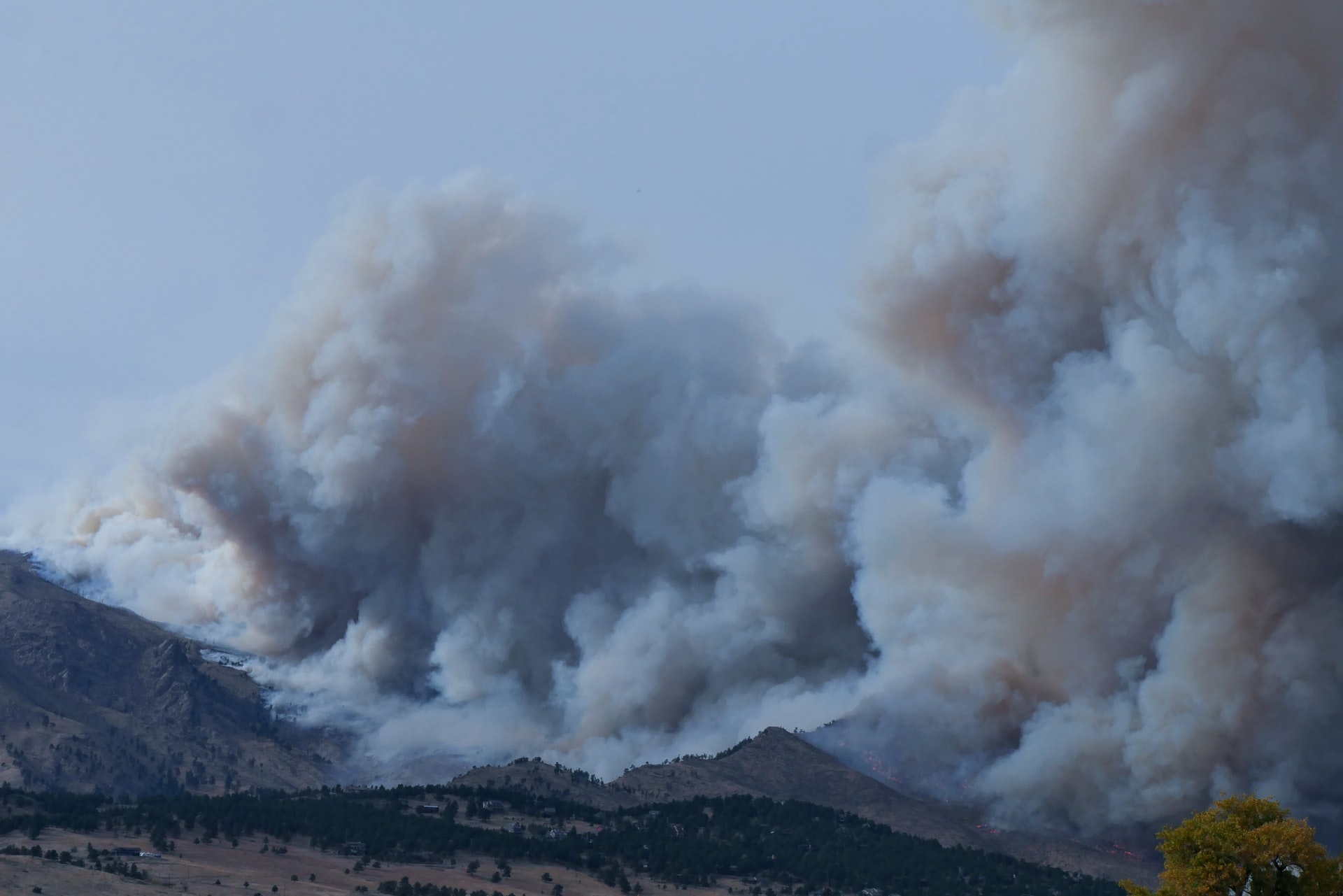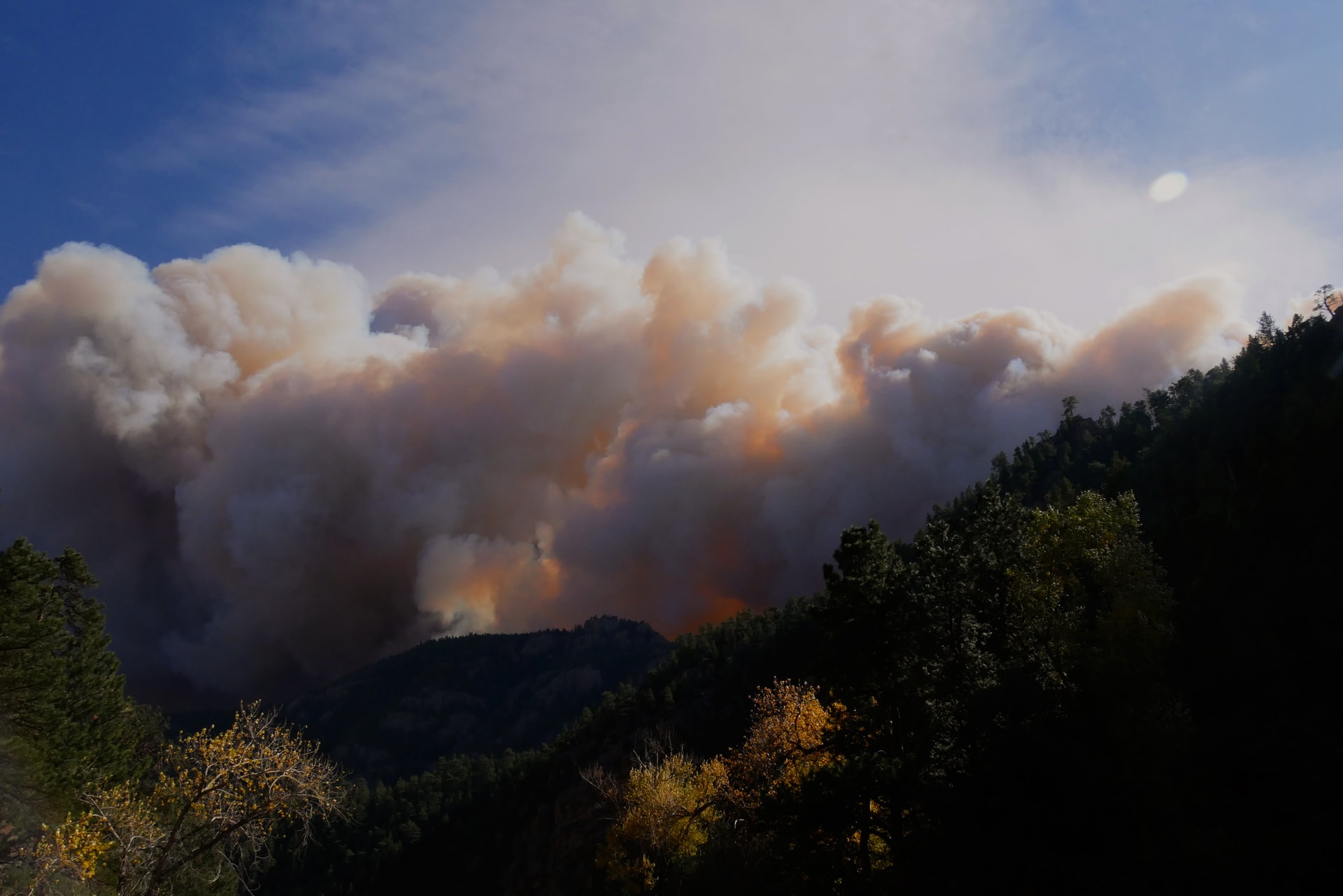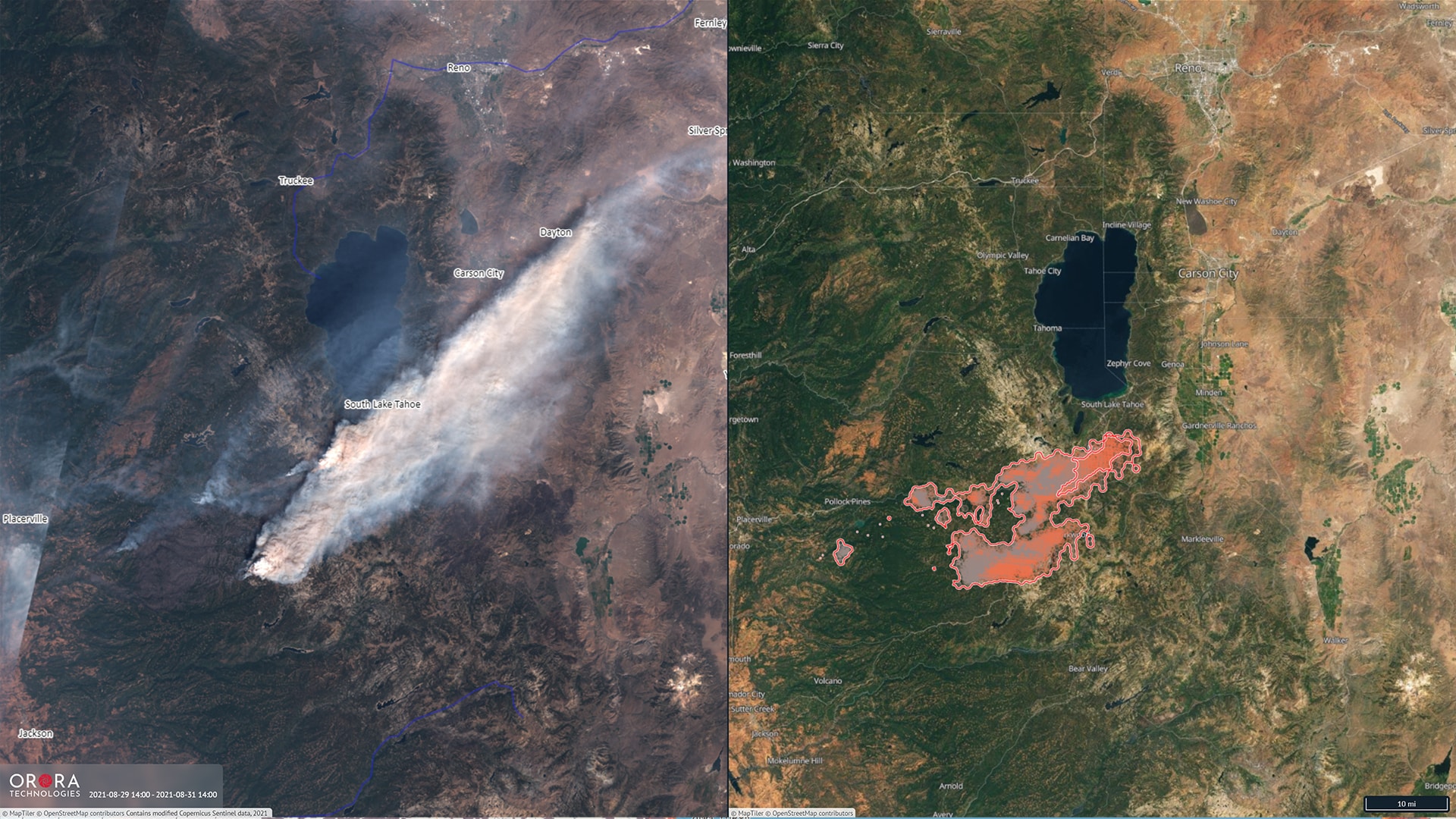
InCubed co-funding from ESA for OroraTech
Published on Sat, 12.02.2022 – 11:09 CET in Downstream, covering ESASpace technology is indispensable in the fight against climate change. After all, satellites can be used to detect forest and bush fires in even remote areas. However, a prerequisite for precise analyses are observations in a fixed time window, which is currently hardly covered. This is a gap that the Munich-based NewSpace startup OroraTech wants to close with its own technology and is being funded by ESA to do so.
On January 13, 2022, FOREST-1, OroraTech's first dedicated satellite, launched into space as a payload on the SpaceX Transporter-3 mission. It has now been announced that the company will receive co-funding under ESA's InCubed program to begin development of its follow-up platform and payload. This, it is said, will enable it to improve its existing wildfire detection and monitoring services.
The aim is to develop a customized CubeSat with a thermal infrared (TIR) sensor, optical imaging instruments and artificial intelligence (AI) on board. “With current SSO (Sun Synchronous Orbit) satellites, there is a data gap in the peak burn time from 15:00 to 18:00 and a general delay until the information is available on the ground,” explains OroraTech CTO Martin Langer.
We need our own TIR imaging resources and on-orbit processing to close that gap and reduce the delay from hours to minutes.
Marin Langer, CTO OroraTech
From 6U down to 3U - Research on decreasing satellite size
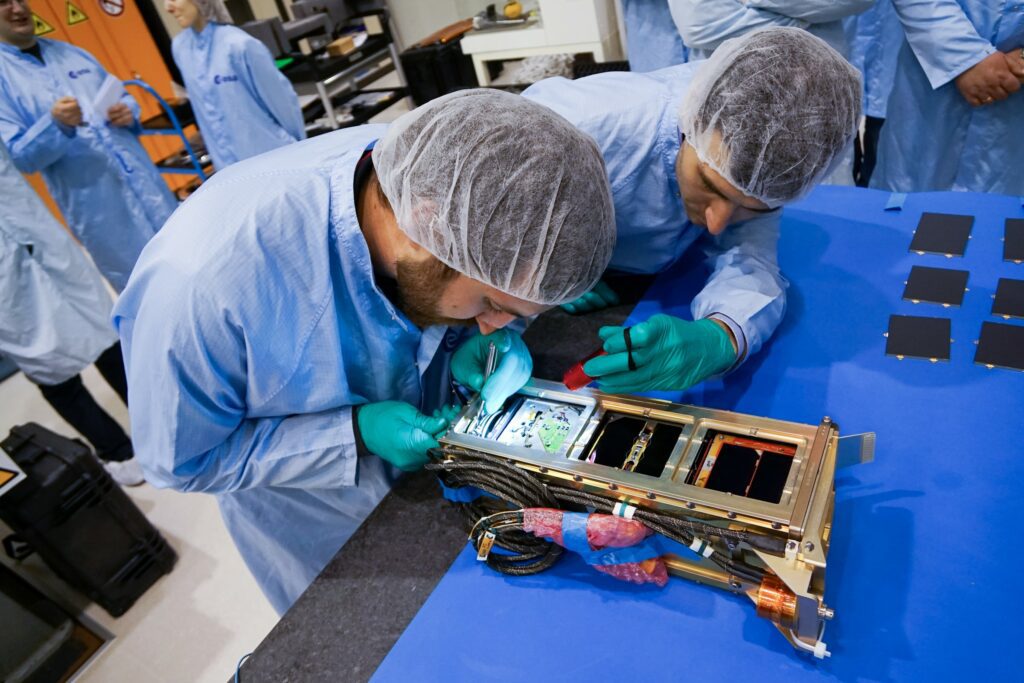
The initiative will begin with a de-risking phase to assess requirements and develop a CubeSat-compatible payload, according to the statement. The team will also research compromises between a 3U and a 6U platform size. For ESA Technical Director Roger Walker, the opportunity to fill a current gap in data availability has significant implications. “OroraTech’s expansion into upstream data acquisition will undoubtedly elevate the performance of the wildfire service for the benefit of its growing customer base. Additionally, there is the potential to capture thermal imaging data in the afternoon gap for improved detection of other climate-change parameters such as gas flaring on oil rigs, and it’s particularly encouraging that OroraTech is already considering broadening its services in this way.”
Forest and bush fires: drivers of climate change and causes of economic damage
Wildfires continue to pose a growing risk to many of the world's important but fragile forestry systems. Bushfires in South Australia caused record levels of damage in 2019. The Marshall Fire in the U.S. state of Colorado destroyed more than 1,000 homes in just two days in late 2021 and cost the state more than $1 billion. In addition, wildfires contribute significantly to climate change. In August 2021 alone, fires in the northern hemisphere released 1,384.6 megatons of CO2 into the atmosphere. Globally, this is even more per year than the entire EU causes.
To detect them, OroraTech relies on a large number of existing satellites. Now, with its own constellation and in-orbit processing, it aims to improve data and significantly reduce warning time. For authorities, citizens and the environment, the ability to predict, detect and monitor wildfires has enormous advantages in terms of preparation, response time and damage limitation. Customers from Australia, Canada and Chile, for example, already rely on the solution from Munich.
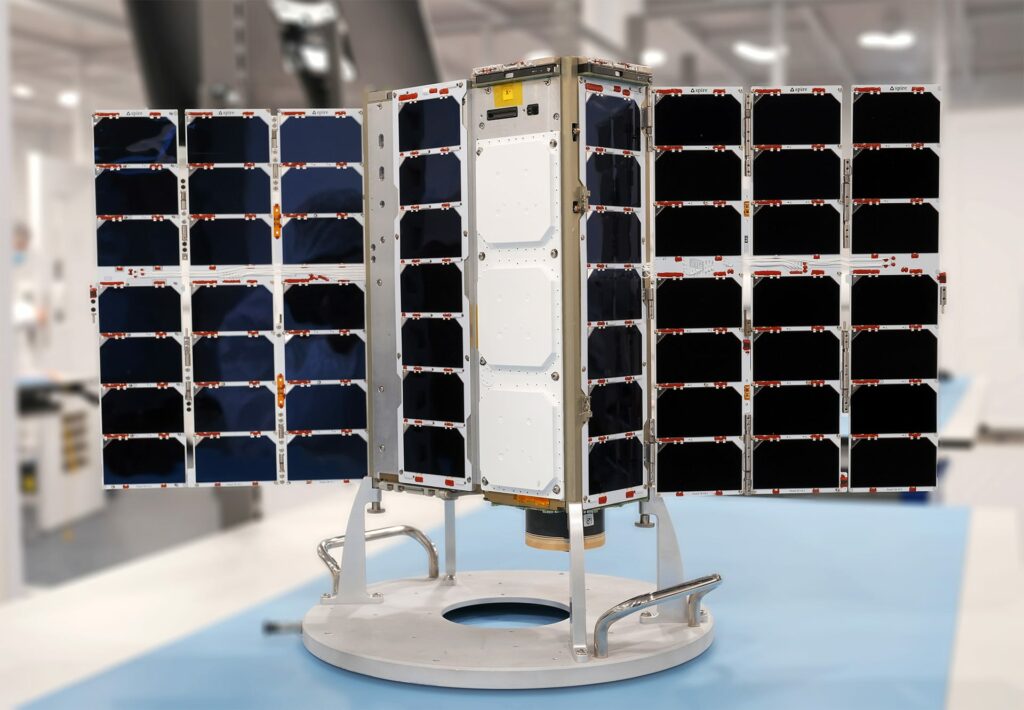
OroraTech is a leading example of Southern Germany’s pedigree in seeding space entrepreneurship.
Michael Nyenhuis, German Space Agency at DLR
The funding from InCubed is part of a longer-term relationship between OroraTech and ESA. Originally supported by ESA BIC Bavaria, the startup was then able to advance its Wildfire Services product through ESA Kick-Start. According to the statement, since its beginnings at the Technical University of Munich, the company has experienced significant growth through private and public investment. It is among the hundreds of alumni of ESA BIC Bavaria, Michael Nyenhuis of the German Space Agency at DLR said, underscoring the importance of institutional support. "We are very happy that OroraTech has now garnered funding from InCubed to support the commercialisation of its globally important services to the forestry ecosystem.”
Context of InCubed (investment in industrial innovation) and Φ-lab
InCubed stands for Investing in Industrial Innovation and is a public-private partnership co-funding program led by ESA's Φ-lab. It focuses on developing innovative and commercially viable products and services that exploit the value of Earth observation imagery and datasets. The program is very broad and can be used to co-fund satellite construction, ground applications, and everything in between, or to develop new EO business models.
The mission of ESA's Φ-lab is to accelerate the future of Earth Observation (EO) through transformative innovation. This refers to innovations that completely transform or create entire industries through new technologies. The goal is to strengthen the world-leading competitiveness of European EO industry and research.
via OroraTech, ESA Φ-lab
